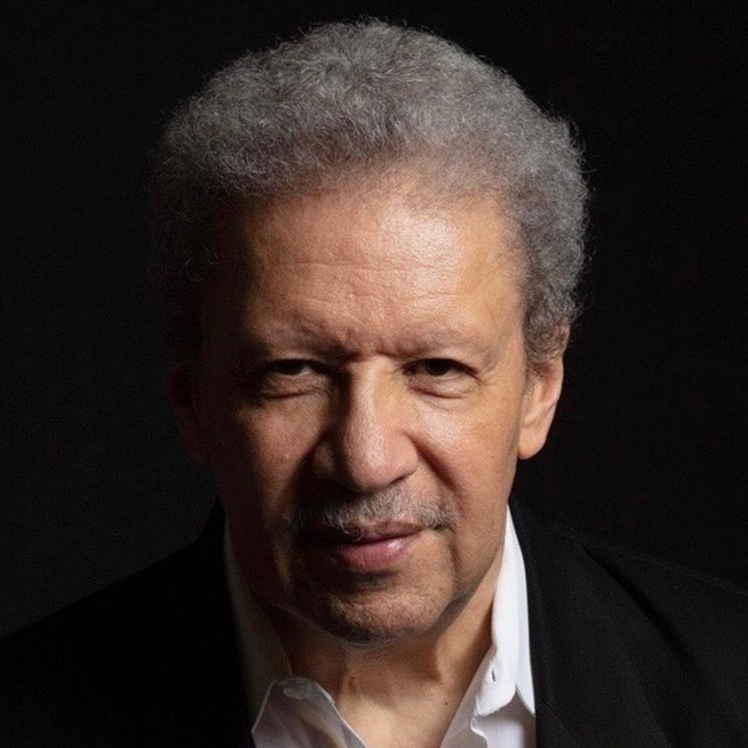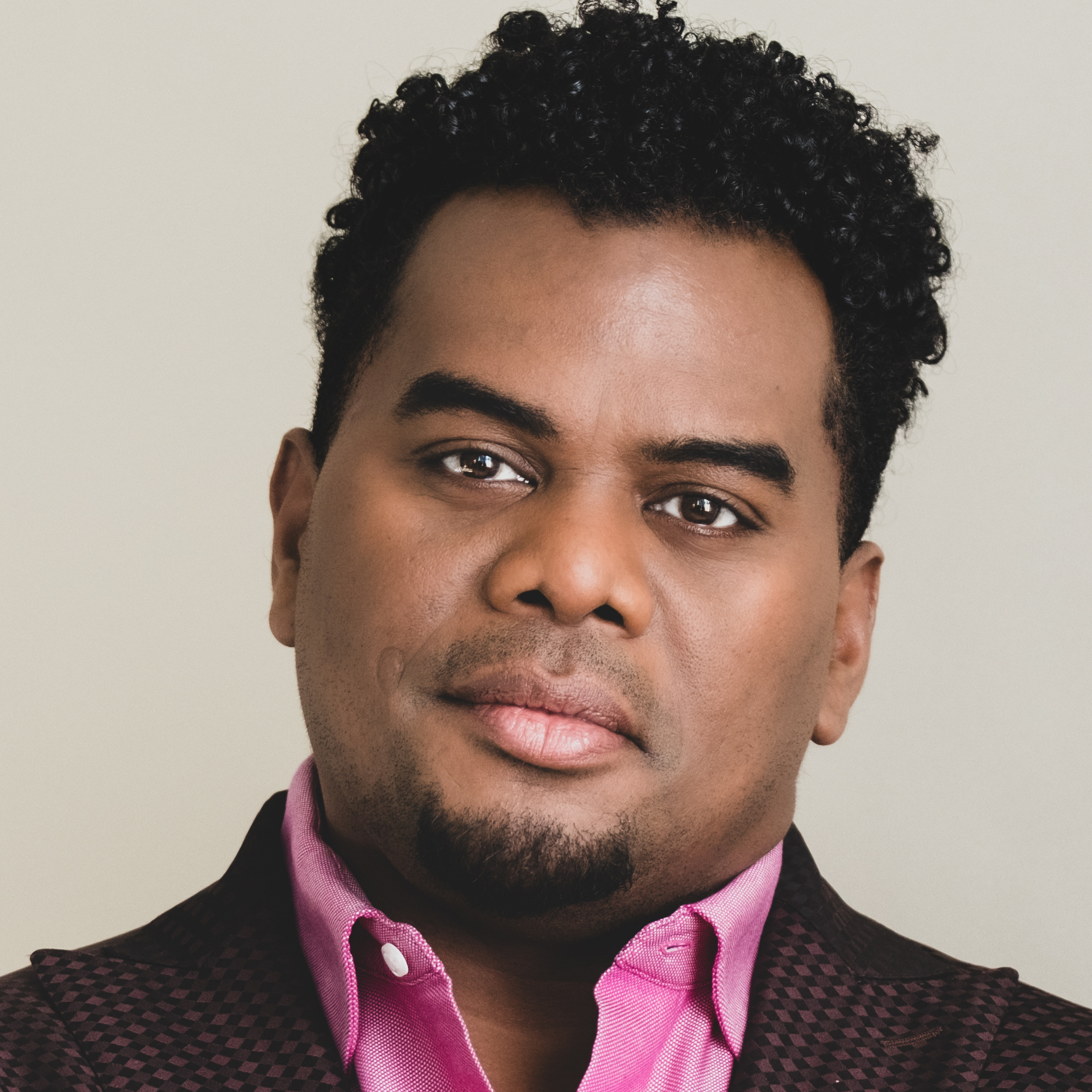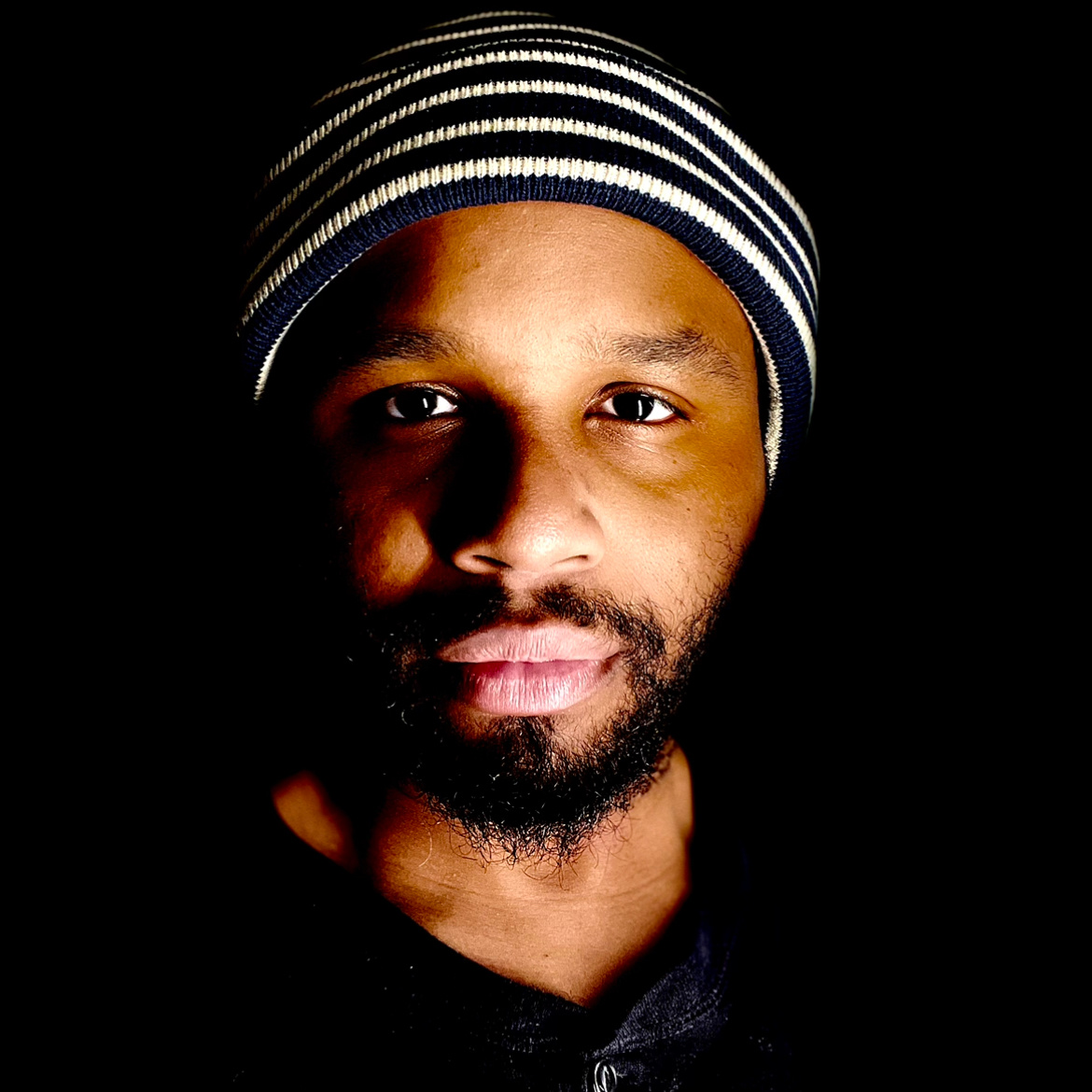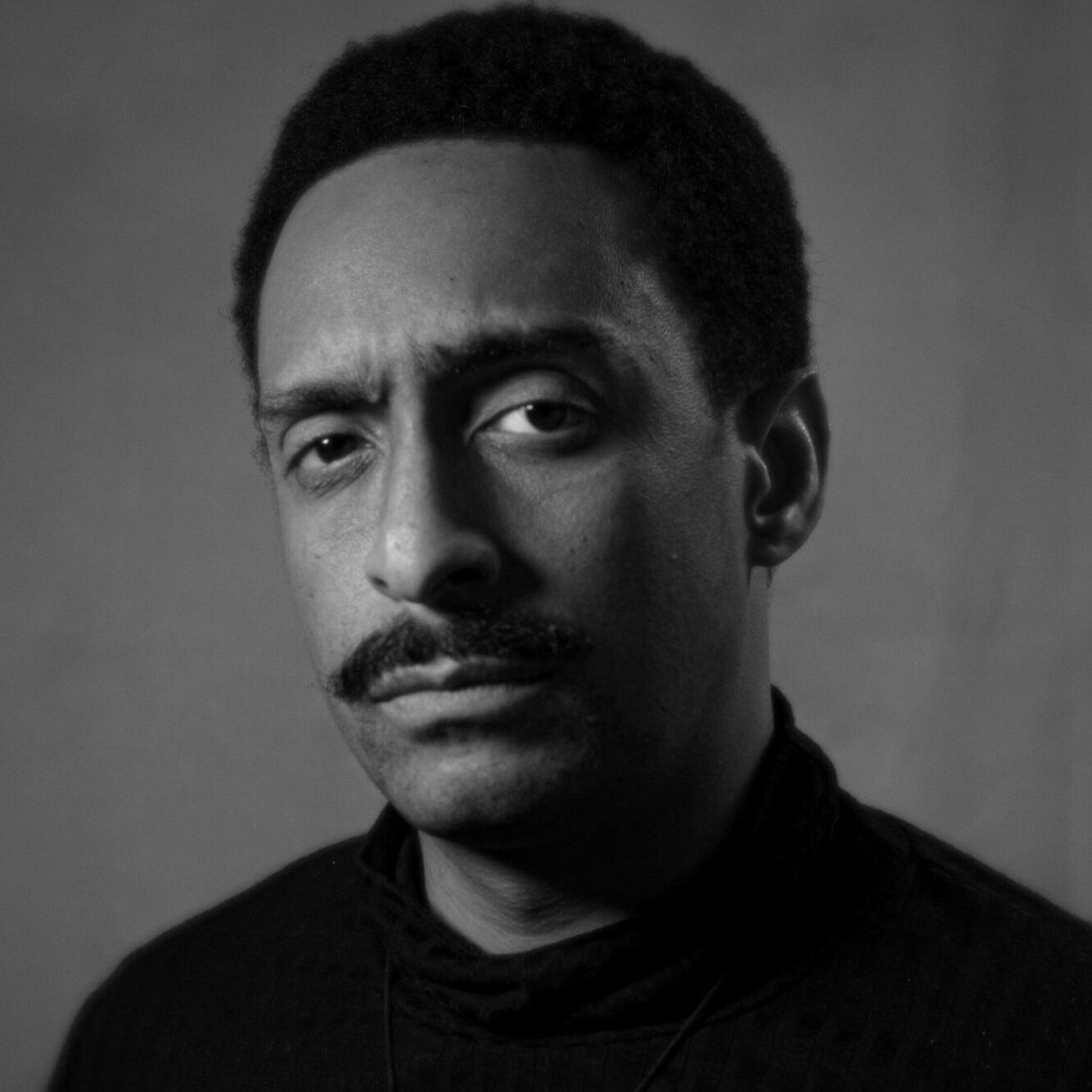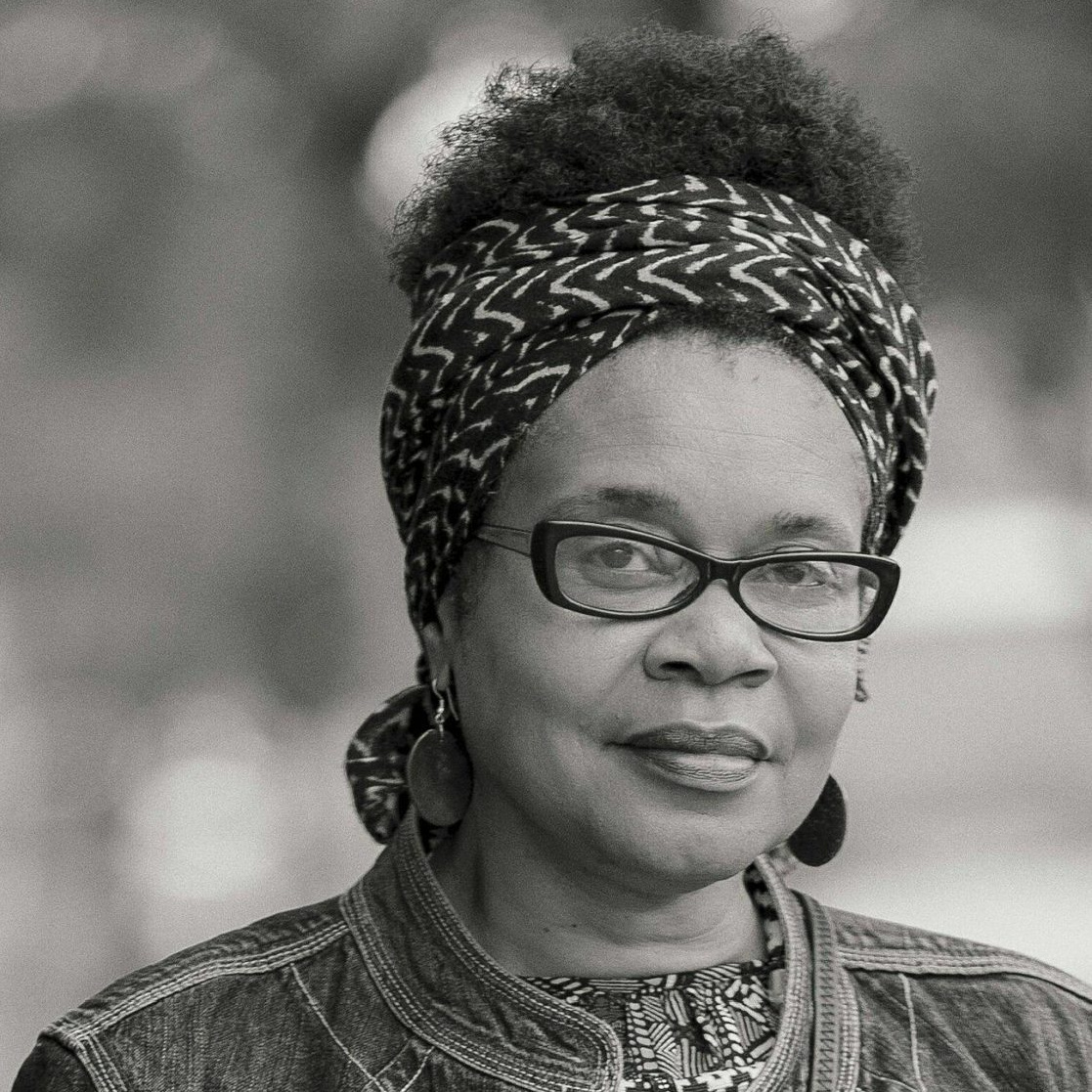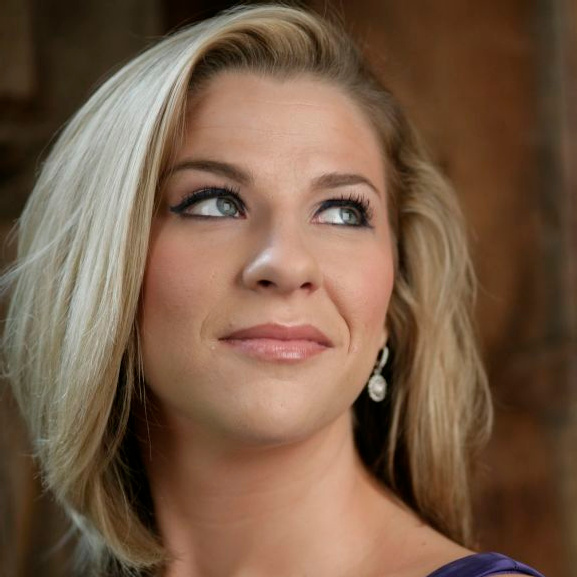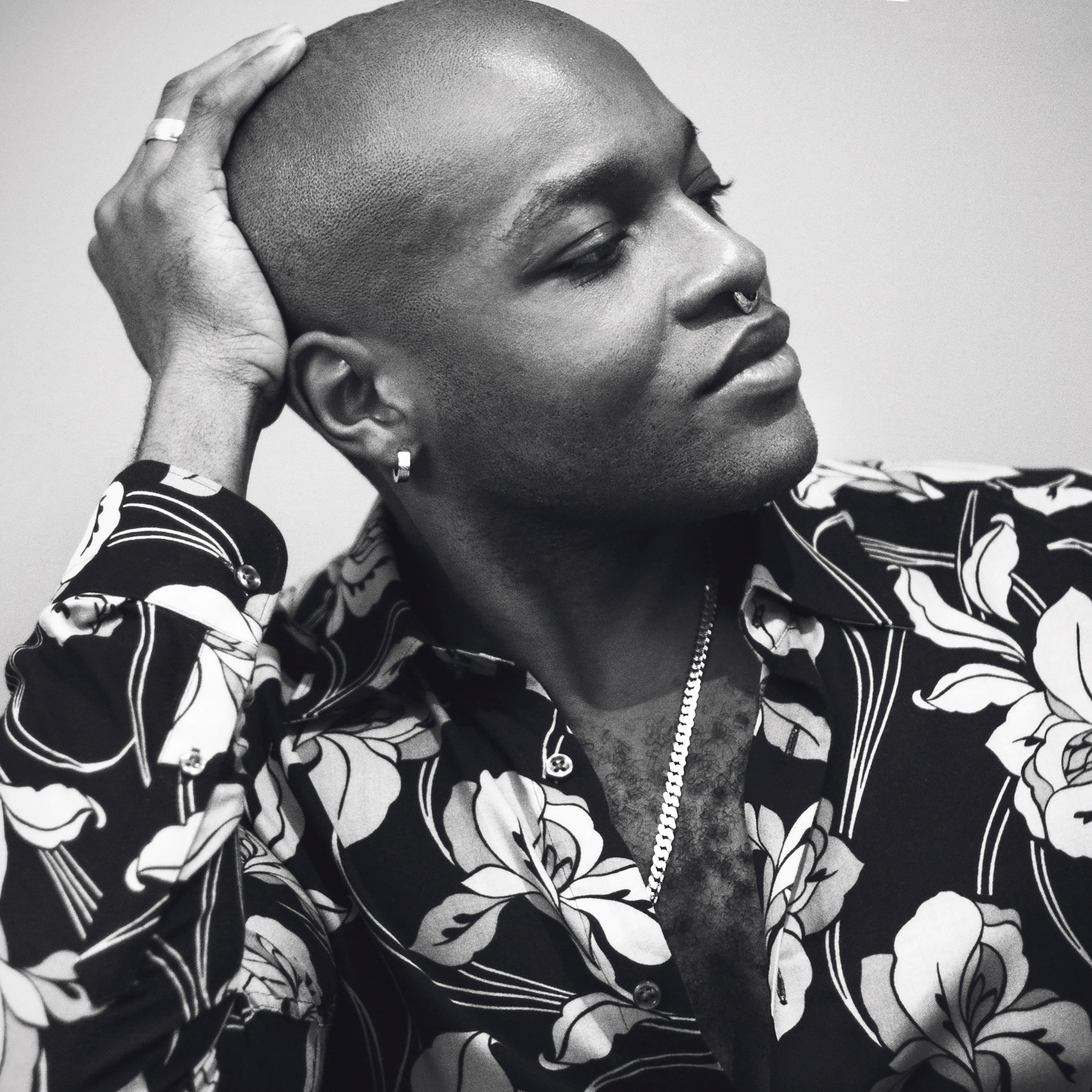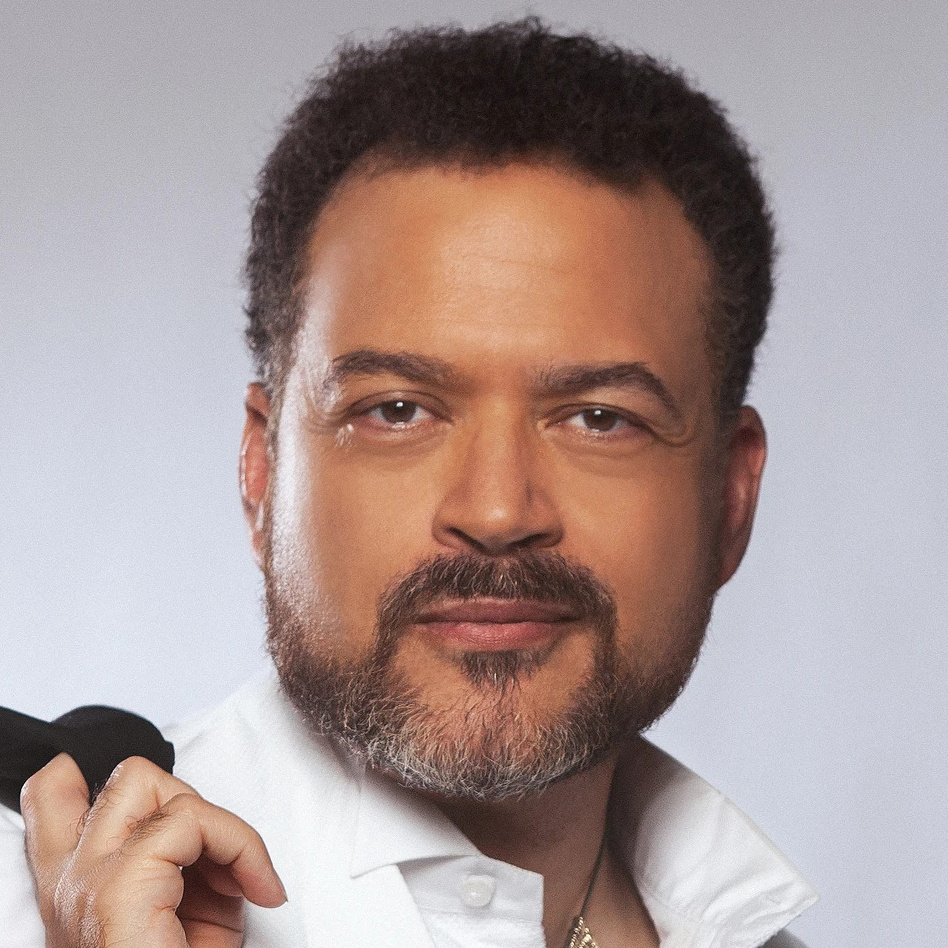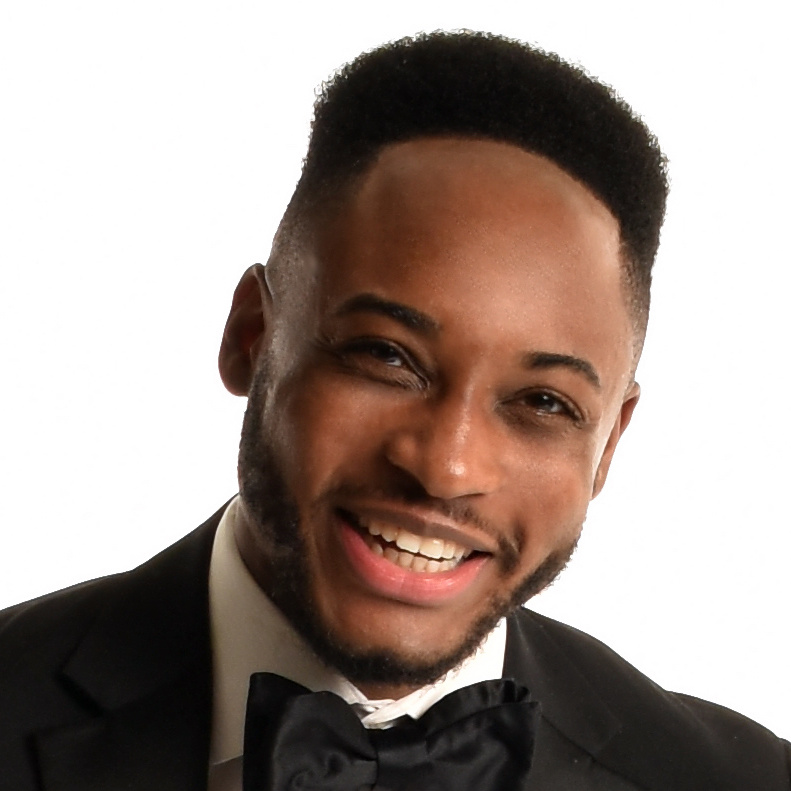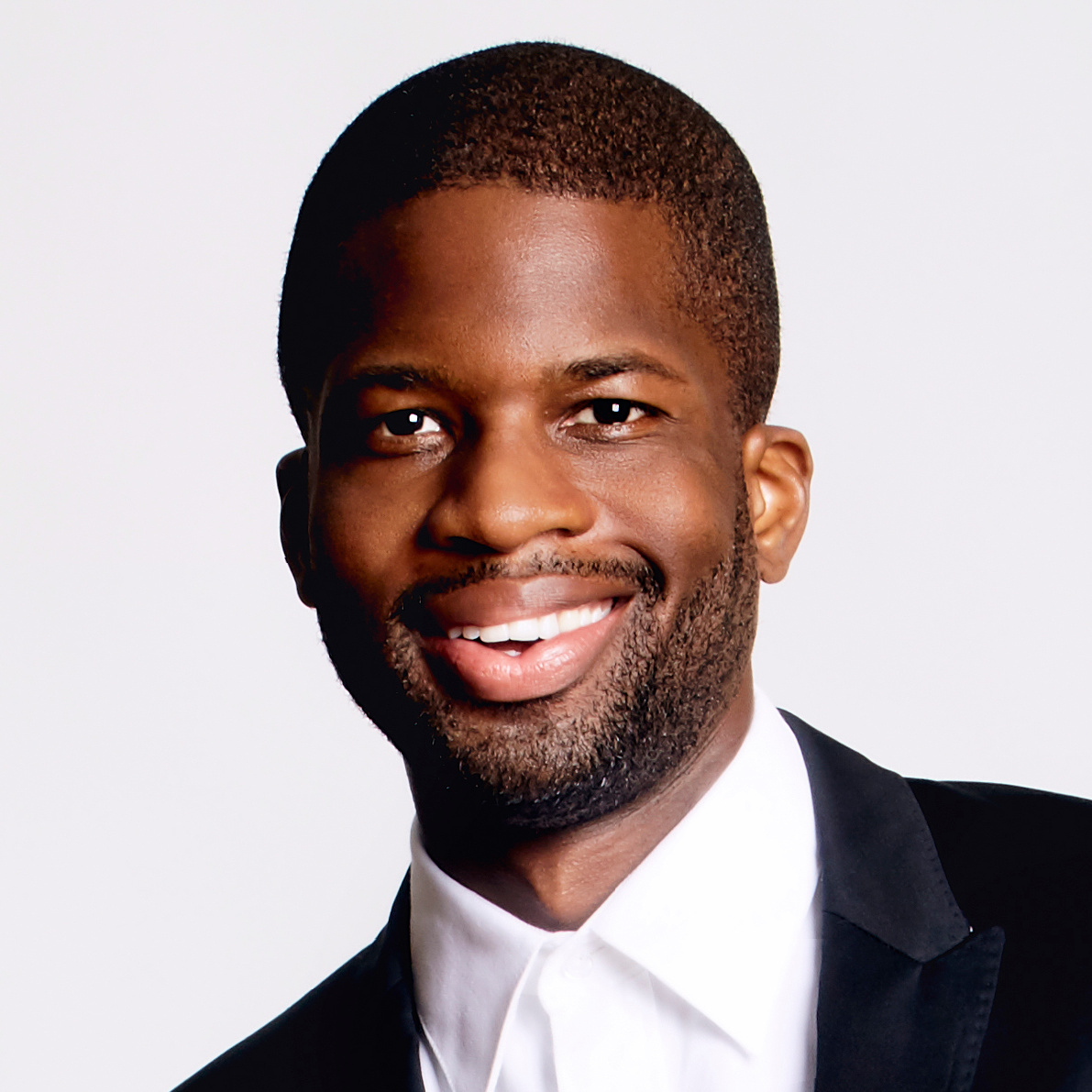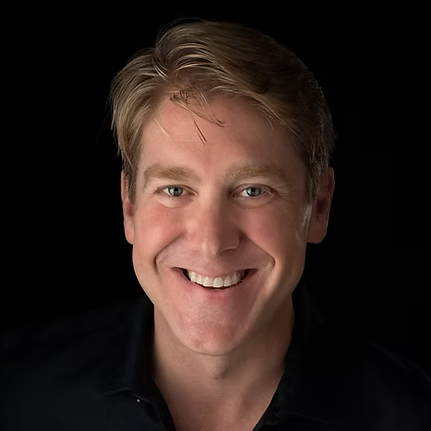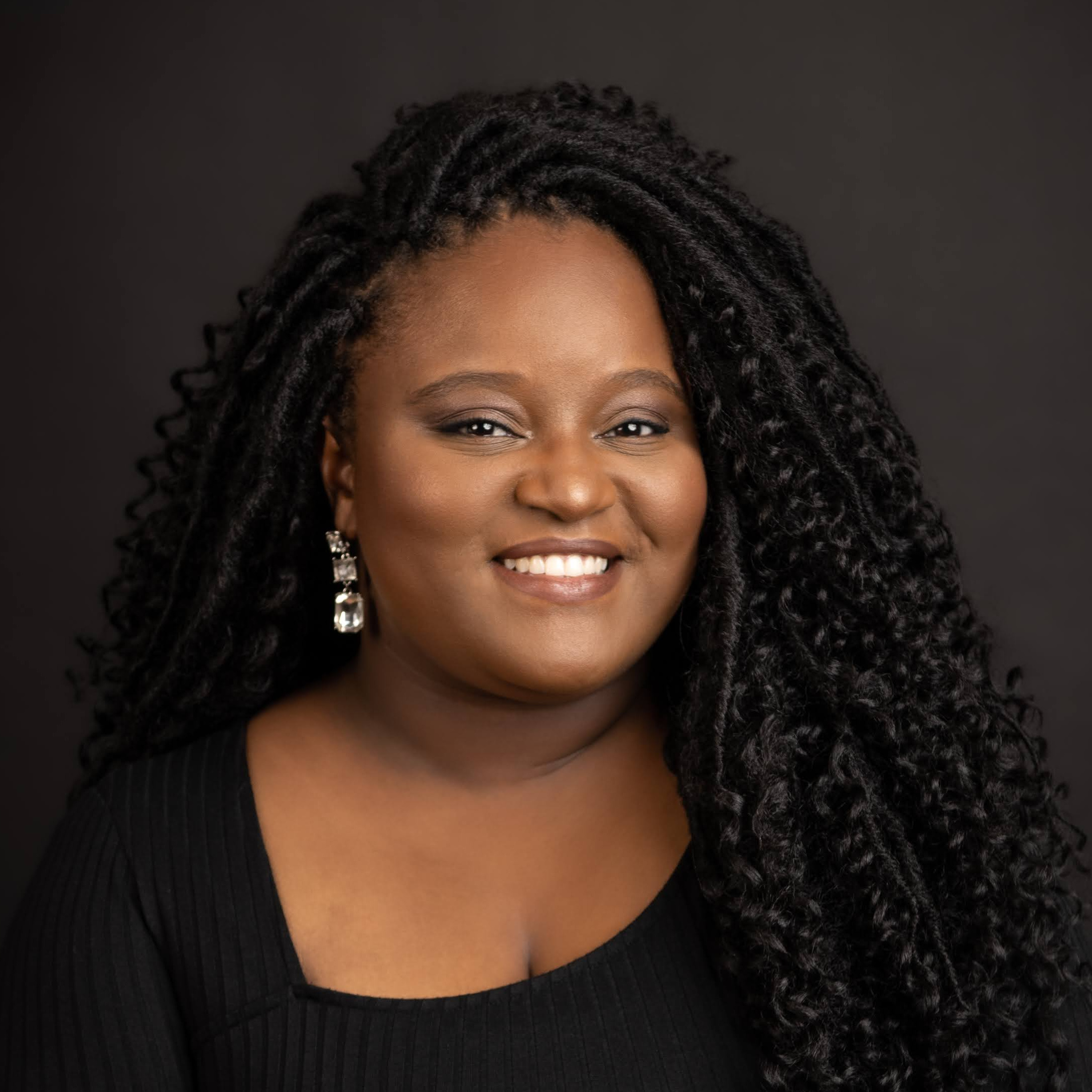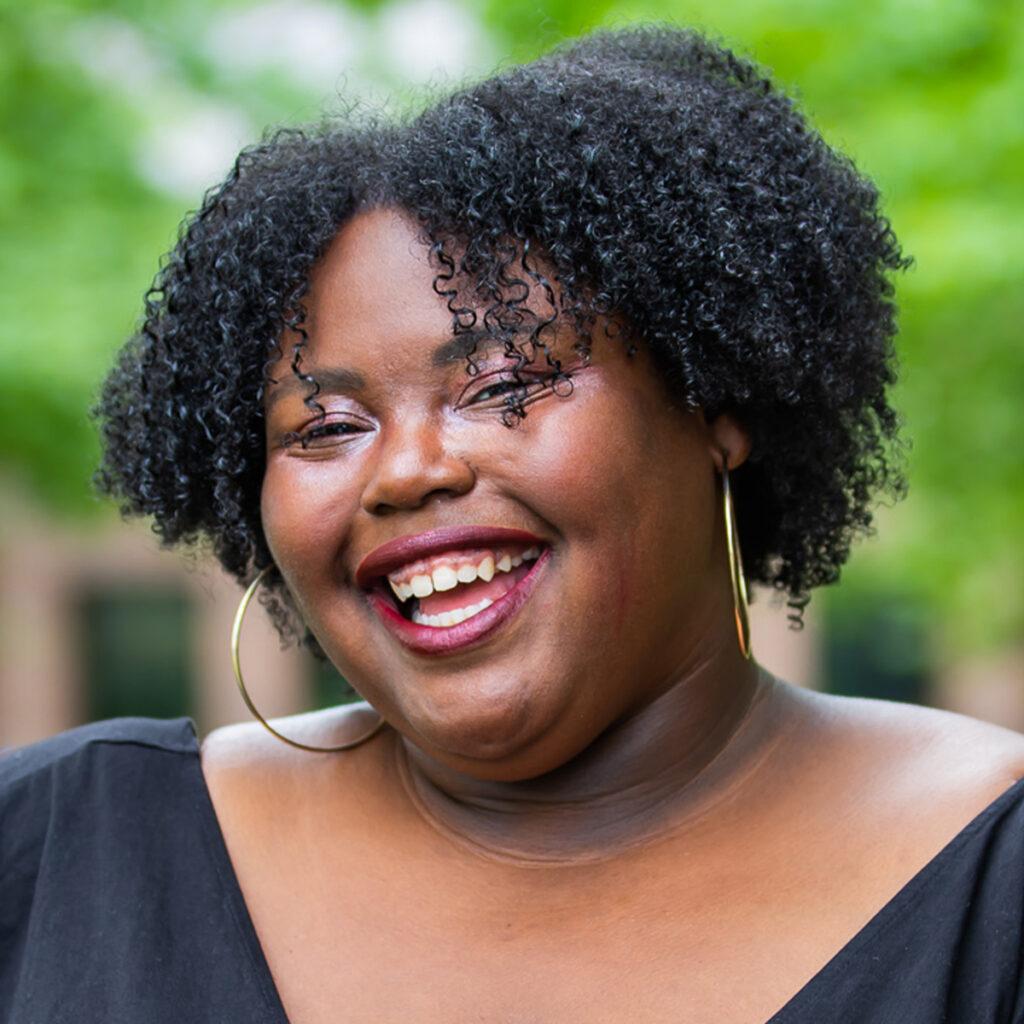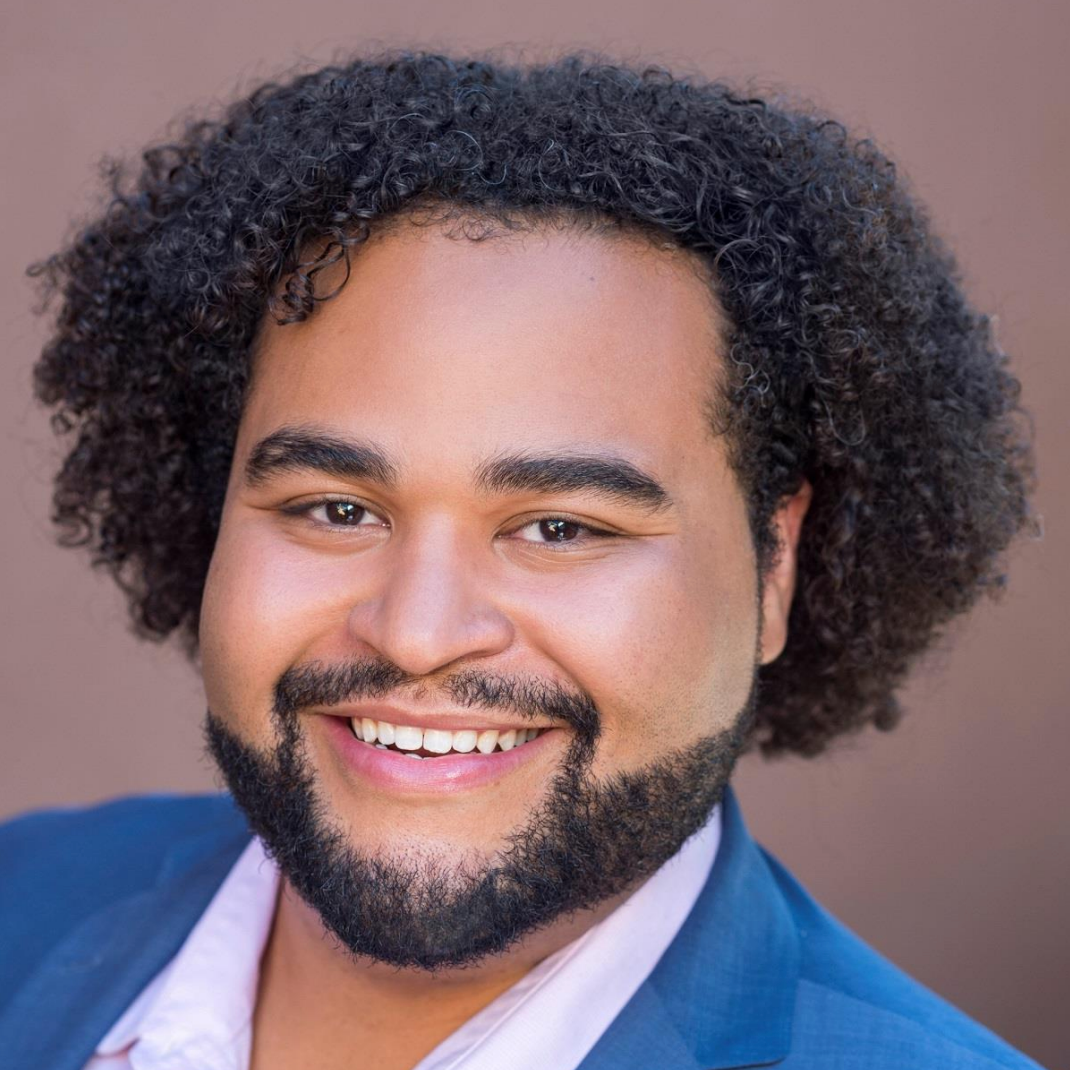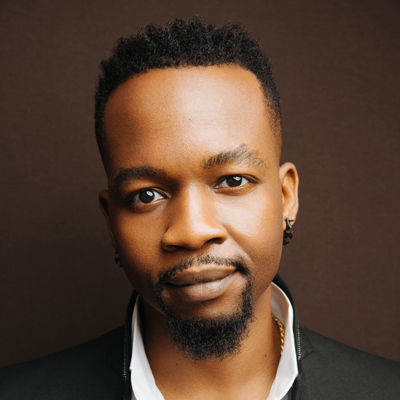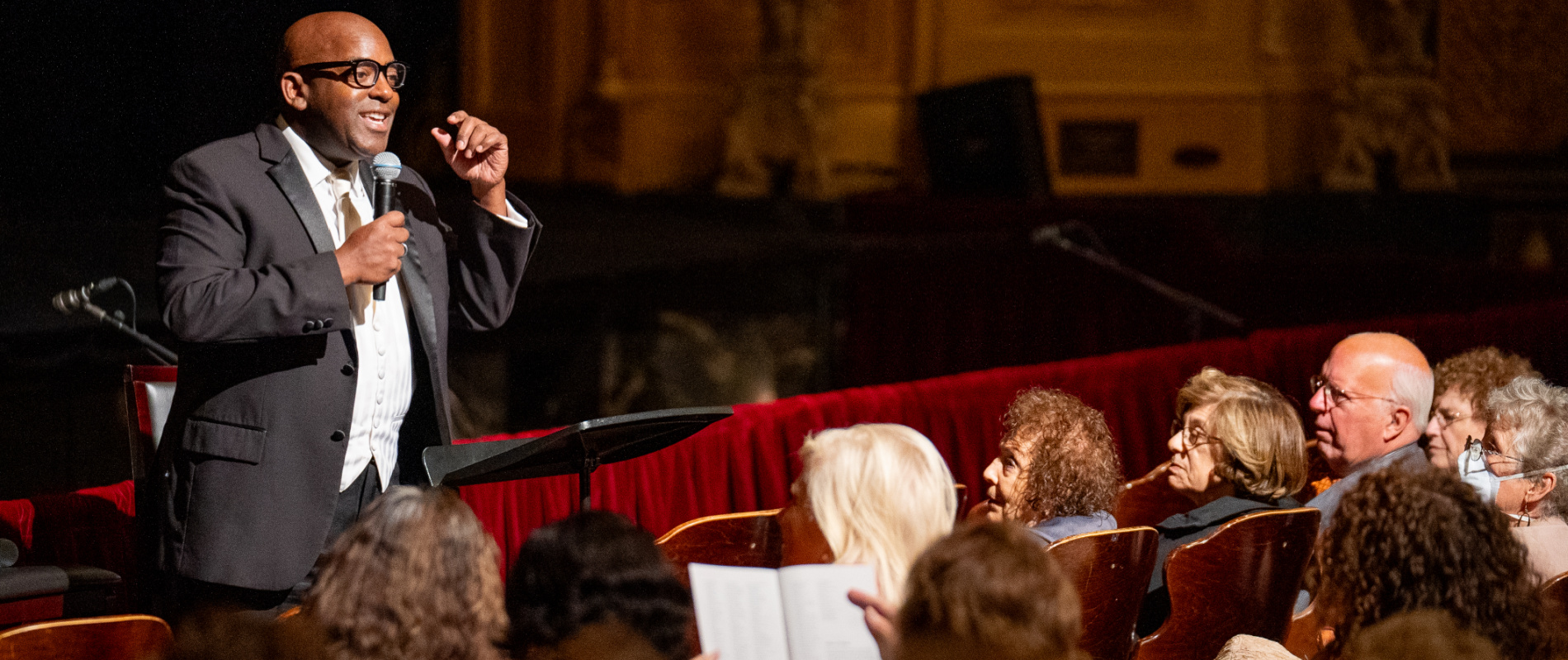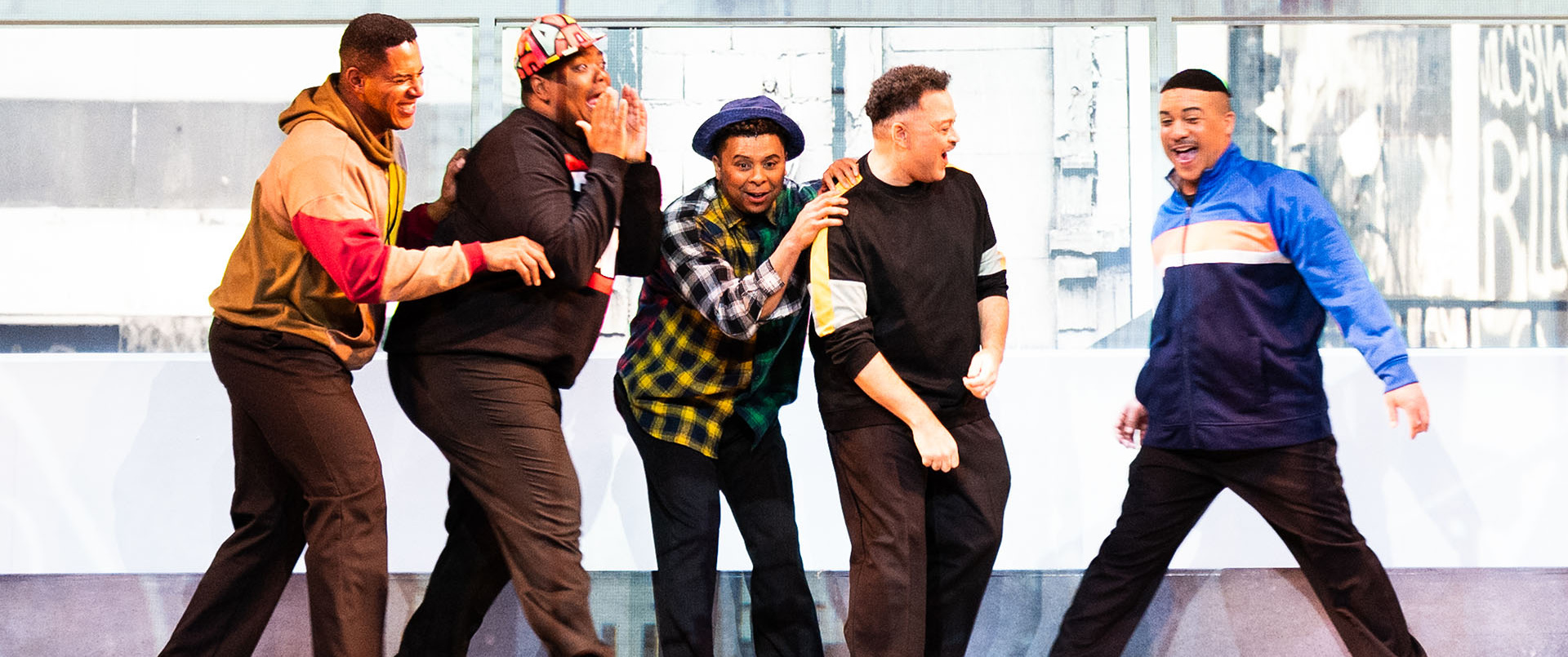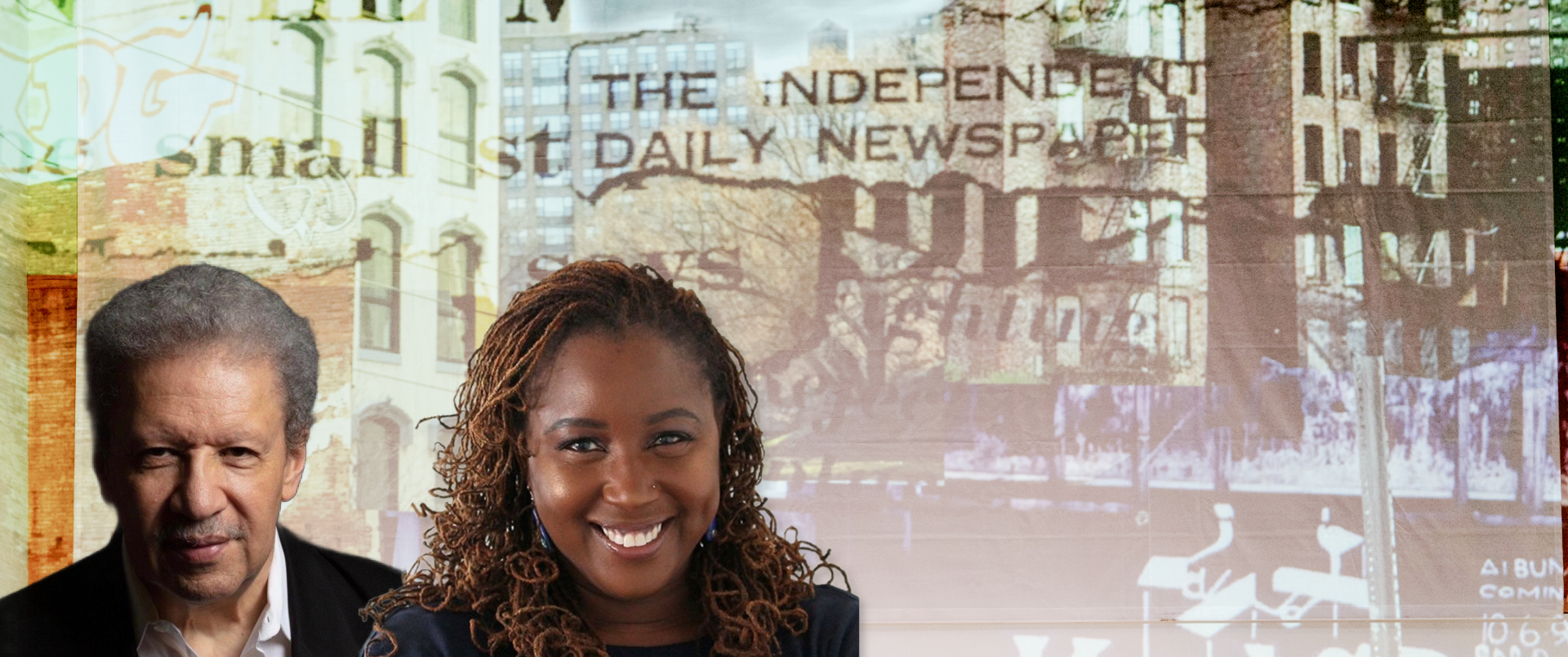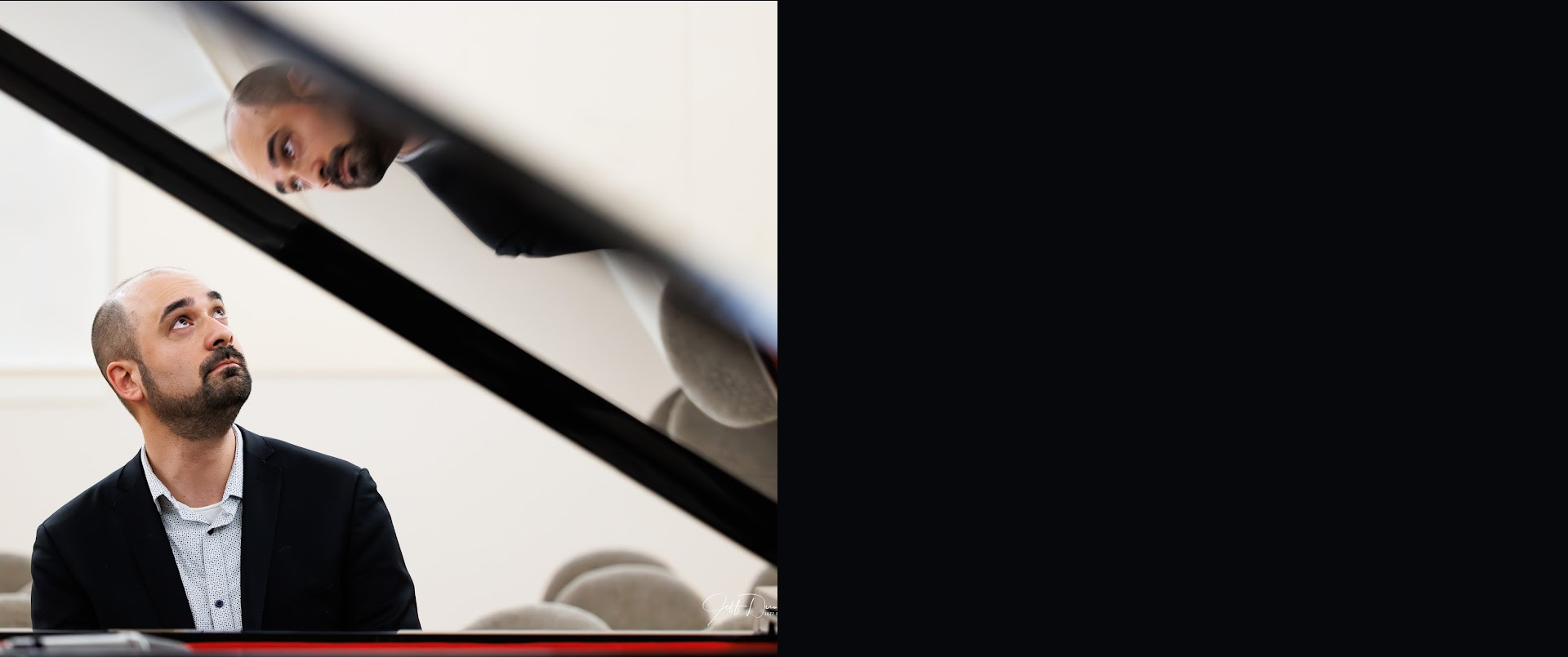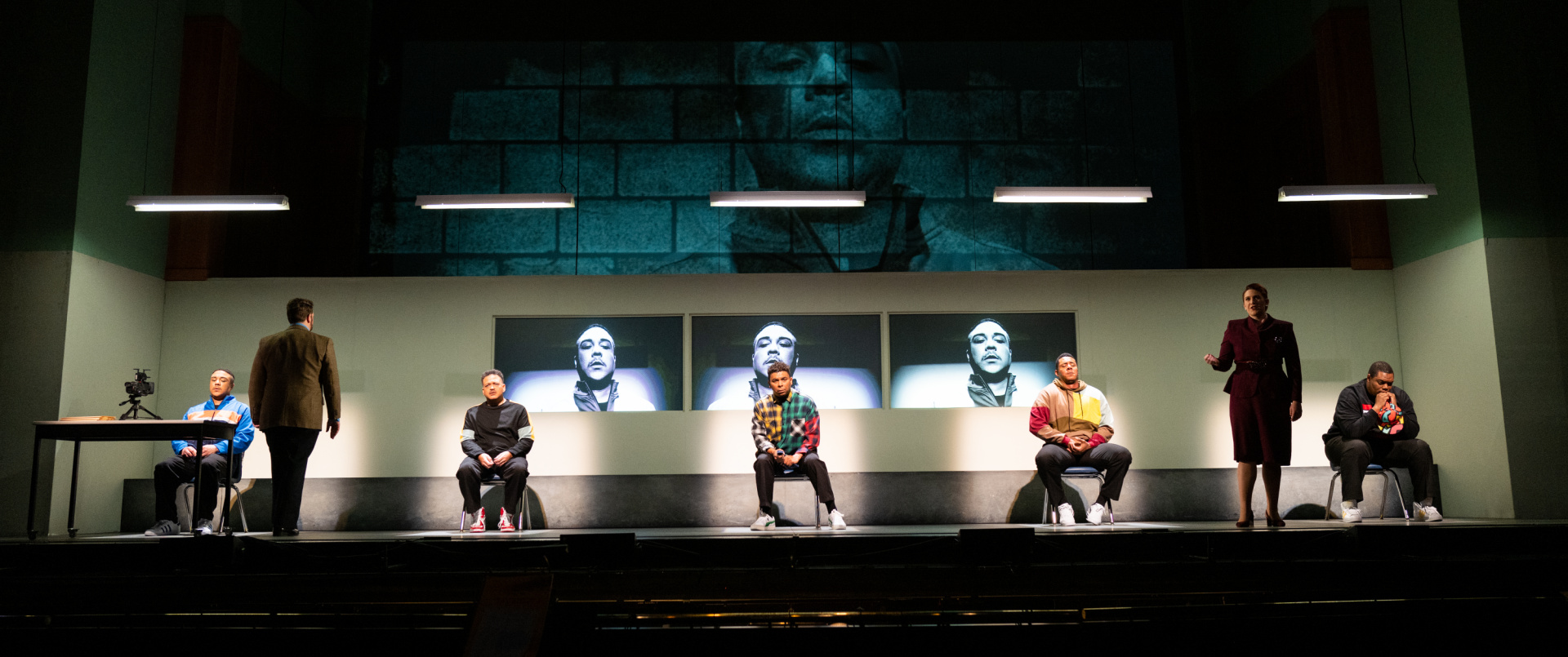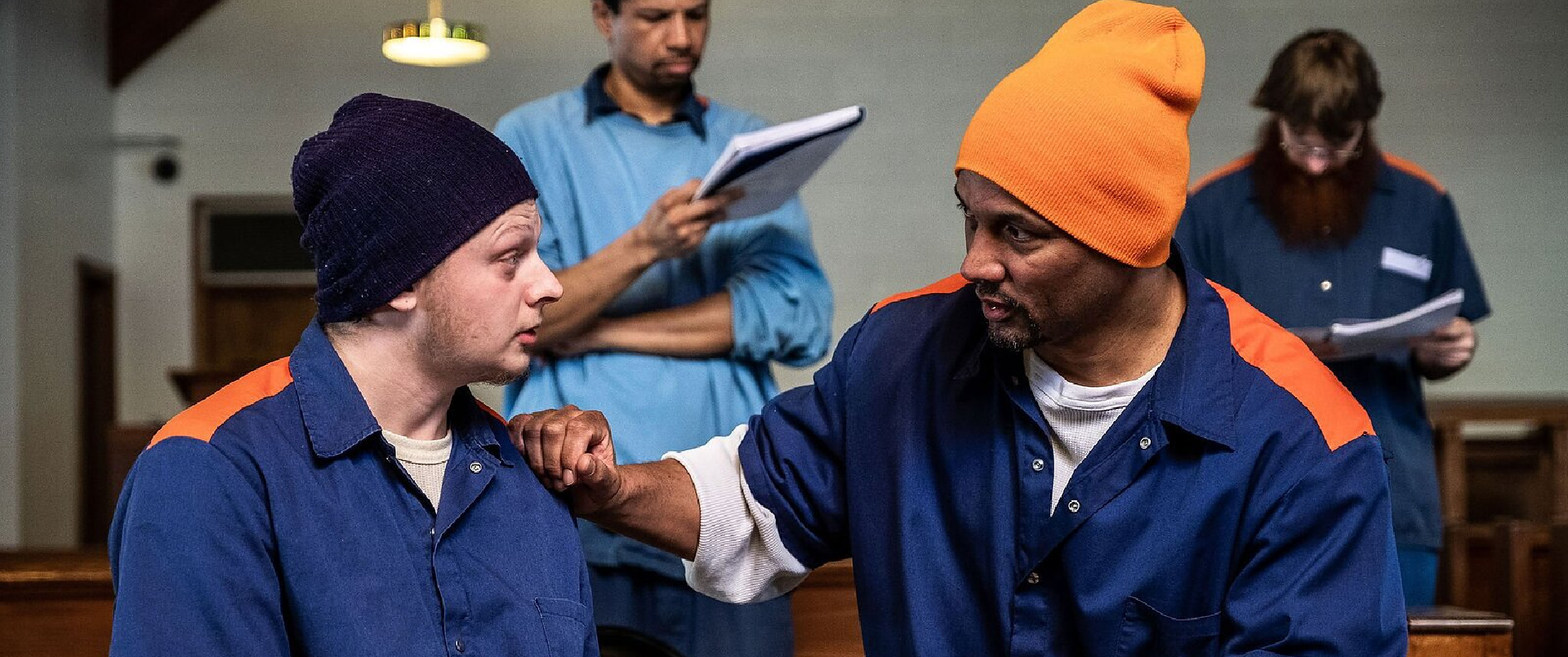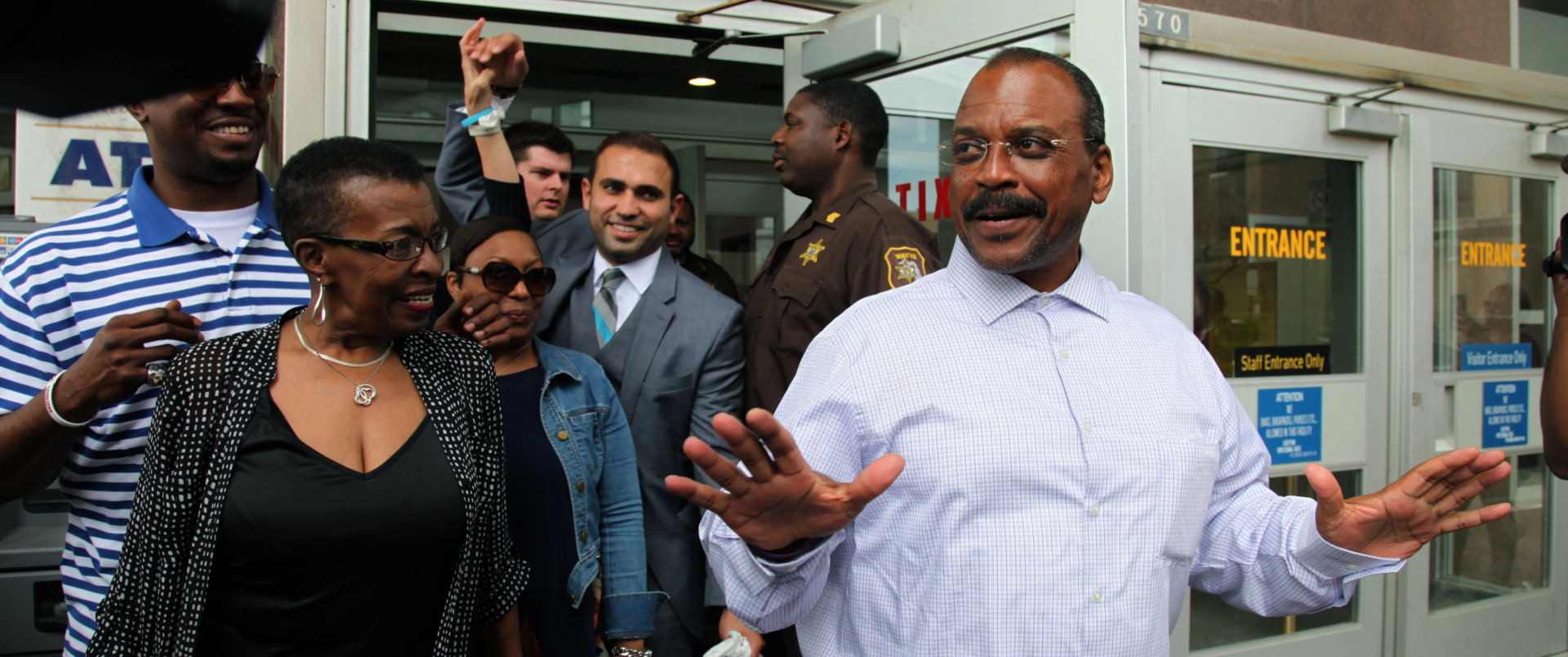
Anthony Davis, composer of X: The Life and Times of Malcolm X, won the 2020 Pulitzer Prize for Music for this true story adaptation of systemic discrimination. This gripping opera follows the wrongful convictions of five African American and Latino teenagers in the assault of a white female jogger in Central Park.
Despite racial injustice, resilience and redemption emerge as the five men fight for freedom.
The Central Park Five opera explores racial injustice, police brutality, coerced confessions, sexual violence, and wrongful imprisonment. The portrayal of these real-life events and the use of explicit racist language may be distressing. Viewer discretion is advised. Suggested for audiences of 16+.
Pre-Opera Talks
Detroit Opera offers complimentary opera and dance talks one hour prior to each performance. Noted experts provide background and important information on what you will see on stage, enhancing your performance experience! Opera Talks and Dance Talks provide an insightful and entertaining preview of the works performed on stage.
Unless otherwise directed, Talks take place on the main floor of the auditorium, between aisles two and six. Click here to listen to previous Pre-Opera and Dance Talks!
Opening Night Saturday May 10, 2025 – Pre-Opera Talk @ 6:30pm
Host Arthur White, Director of Community & Audience Engagement for Detroit Opera, welcomes composer Anthony Davis and director Nataki Garrett.
Friday May 16, 2025 – Pre-Opera Talk @ 6:30pm
Host Arthur White, Director of Community & Audience Engagement for Detroit Opera, and Nathalie Doucet, Detroit Opera’s Head of Music welcomes Dr. Naomi André and conductor Anthony Parnther.
Sunday May 18, 2025 – Pre-Opera Talk @ 1:30pm
Host Arthur White, Director of Community & Audience Engagement for Detroit Opera, and Nathalie Doucet, Detroit Opera’s Head of Music welcomes Dr. Naomi André and conductor Anthony Parnther.
Detroit Opera Podcast Network
- Music: Anthony Davis
- Libretto: Richard Wesley
- Director: Nataki Garrett
- Conductor: Anthony Parnther
- Language: Sung in English with English subtitles
- Note: The Central Park Five was originally commissioned by Trilogy: An Opera Company and Long Beach Opera for a reduced instrumentation of 16 players. The full orchestration was commissioned by Detroit Opera.
- Run Time: 2 hours and 26 minutes (includes one 25 minute intermission)
Following news of their exoneration, the Central Park Five appear. They are Antron McCray, Kevin Richardson, Yusef Salaam, Raymond Santana, and Korey Wise. Now in their late 20s and early 30s, they sing of the loss of their youthful innocence, and look back to see why their dreams were deferred.
In Harlem, The Masque appears as a reporter and describes a feeling of foreboding as the city experiences high violent crime rates.
On a hot summer night, the Five now appear as bored teenagers looking for release. They find themselves swept into a swarm of Harlem youth streaming into Central Park. There are sounds of a jogger’s steps, and then screams. The scene becomes more chaotic. The Masque, now a police officer, receives calls about incidents in the park and orders patrol cars to investigate. Hearing police sirens, the Five flee.
Finding themselves in a holding cell, Kevin and Ray wonder why they are there. The Masque, now a police detective, begins to question them. At first, he is relatively benign, but then news arrives that a woman has been found brutally beaten in a remote area of Central Park near Harlem, and she may not live.
The police bring in Korey, Yusef, and Antron. The Masque’s attitude darkens, and as the interrogation becomes more aggressive, the Five, who deny any involvement in the crime, realize the seriousness of their situation. The Masque briefs the Assistant District Attorney on the case, and the ADA interrogates the Five.
Donald Trump enters and addresses a group of white supporters who are outraged by the incident in the park. The ADA promises to get to the truth and make the boys confess. The Masque shares her fury and resolve.
The parents of the Five appear and worry about their sons’ fate, while the boys lament the now dangerous and threatening state of their world.
The Masque and Trump appear with the ADA. She prepares for trial, feeling pressured by the two men and the public to obtain confessions. After reassuring The Masque that the Five are guilty and will confess, the ADA confronts each of them, telling them to implicate each other. She then appeals to their families, to convince them to encourage the boys to turn on one another. This tactic works, and the Five finally agree to talk. They tell stories about what happened the night of the assault, each implicating the others. Everyone signs a statement except Yusef. The ADA has their confessions, and The Masque and Trump have their satisfaction.
The charges against the Five fill the headlines. Trump meets with the ADA as his supporters express their outrage, and his ads in New York newspapers demand the death penalty. Yusef’s mother asserts that her son is being framed. In the courtroom, the ADA presents her opening statement to the jury, claiming that the trial is about justice, not race.
In a hospital room, a woman awakens and sits up in her bed.
The Masque tells the boys that the victim, Trisha Meili, is awake, and the Five are ecstatic. They are sure that she will take one look at them and know they were not her attackers. But The Masque is just as convinced that she will implicate them. The ADA questions the victim in court, but she does not remember her attackers. The forensic officer brings the news that none of the DNA matches the boys, but The Masque dismisses the evidence because the boys have confessed. The ADA pressures the Five to plead guilty—but they refuse. The ADA presents her closing argument to the jury, citing the Five’s confessions as proof of their guilt. The Masque appears now as the judge, and the jury finds each of the boys guilty as their parents respond with anguished cries. The Five are blinded by the flashing lights of photographers as they contemplate their fate.
Years later, people demonstrate against the actions of the police. Trump responds.
After serving seven years in juvenile detention, Kevin, Raymond, Yusef, and Antron are released. They wonder what the future holds for them.
Thirteen years later, Korey—who, as the oldest of the Five, was tried as an adult—is approached in prison by an inmate, Matias Reyes, who admits to committing the assault and rape. After Reyes confesses, Korey, realizing that he will soon be free, is eager to finally show the world that he was telling the truth. Upon his release, Korey wonders how his life can be restored.
The Five have been exonerated. The Masque claims the new facts don’t matter, and Trump is unapologetic. The ADA still believes the men are guilty. Protesters who support the Five ask, “What is the cost of justice?” The adult Five reappear and together sing of their struggles, their strength, and returning home.
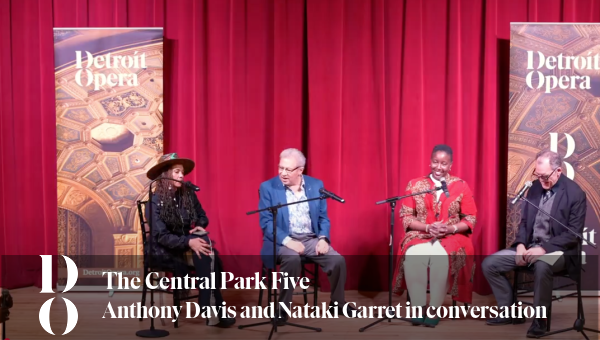
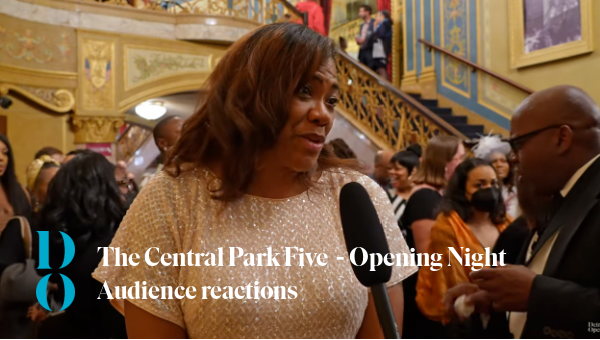
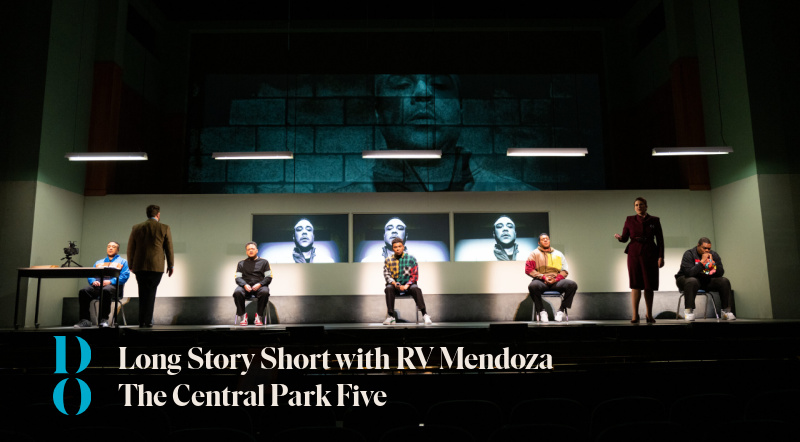
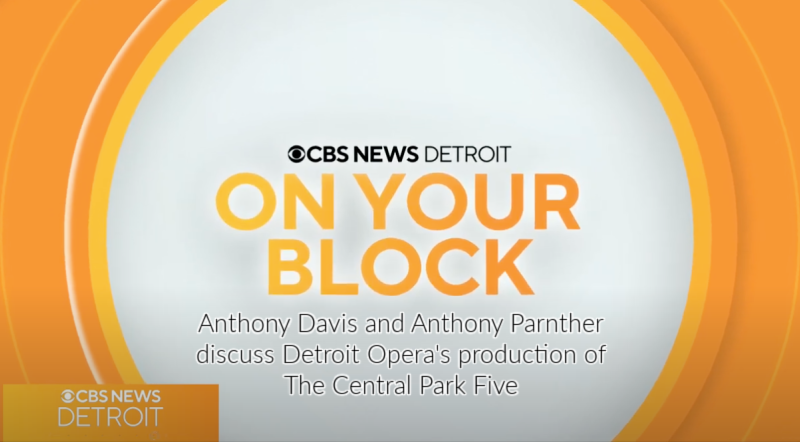


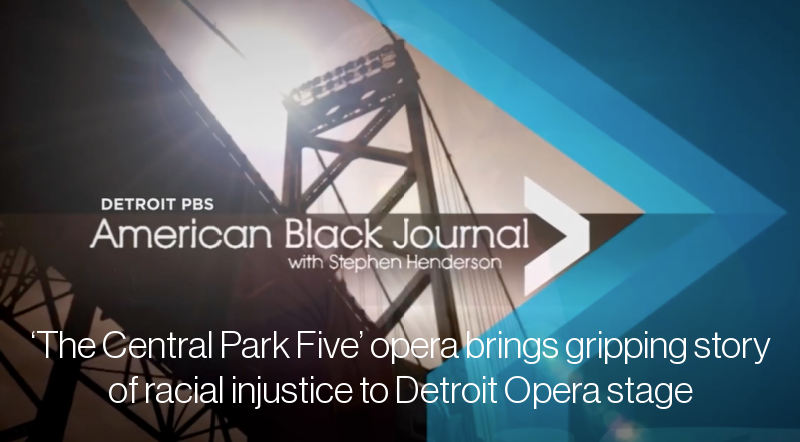
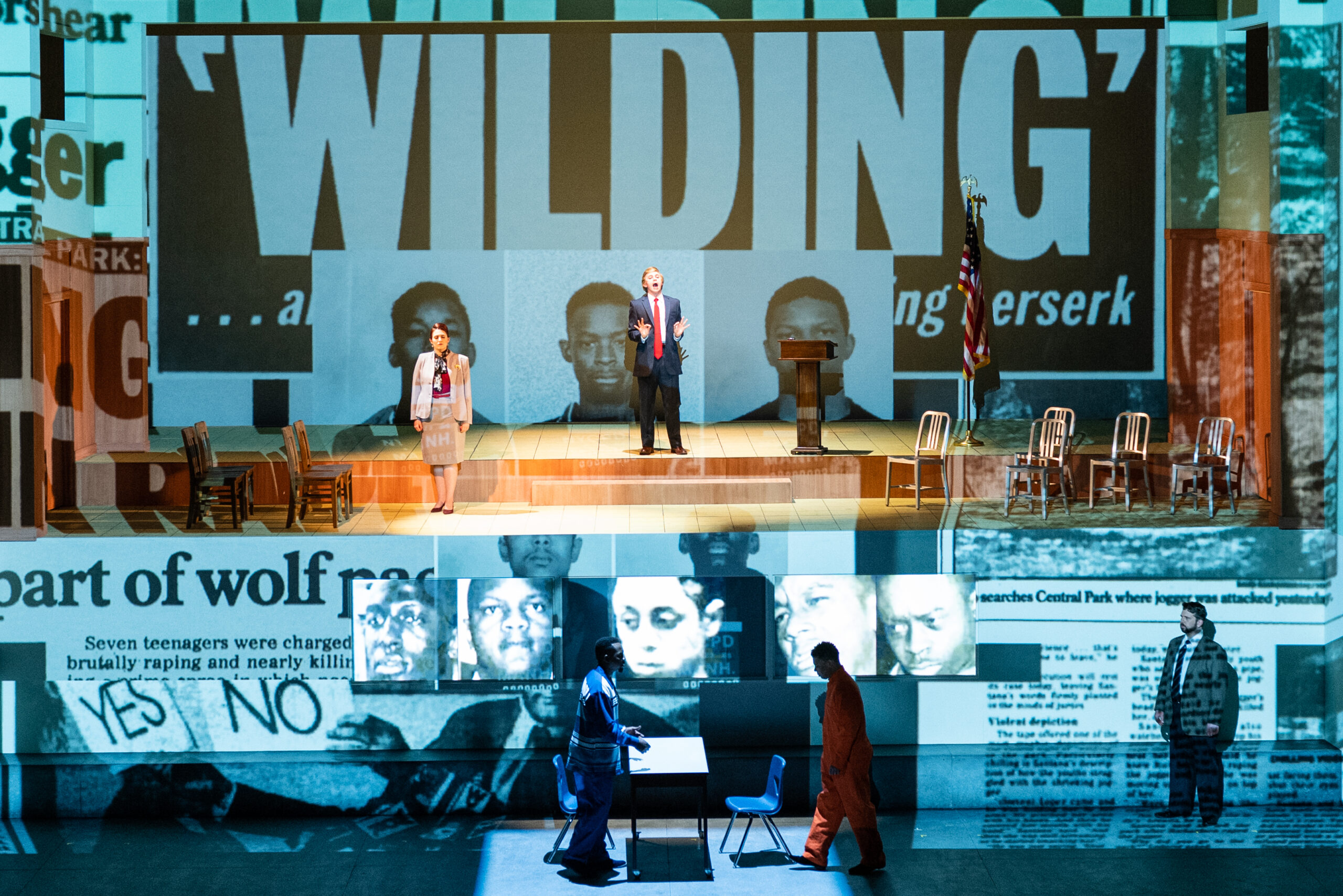

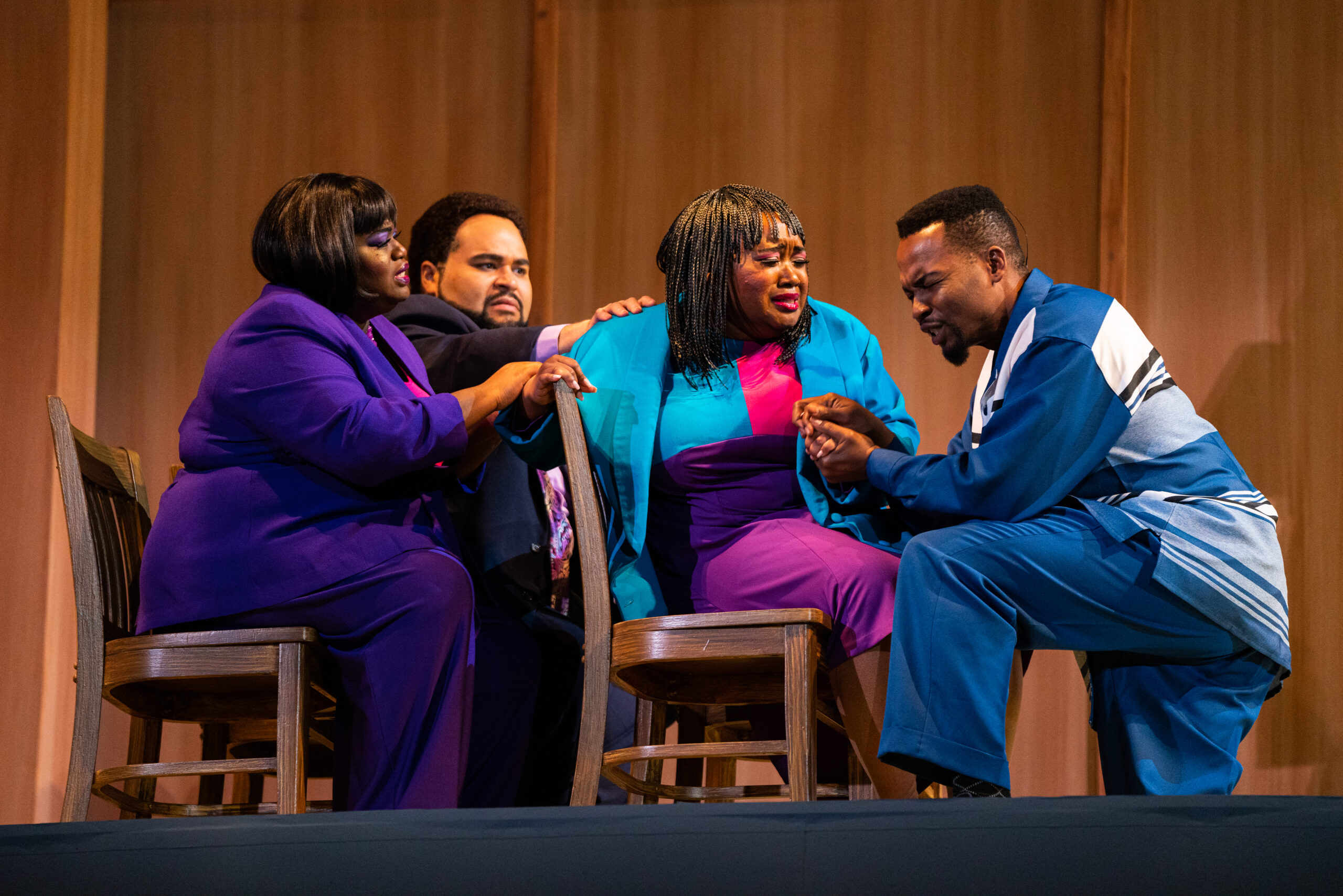

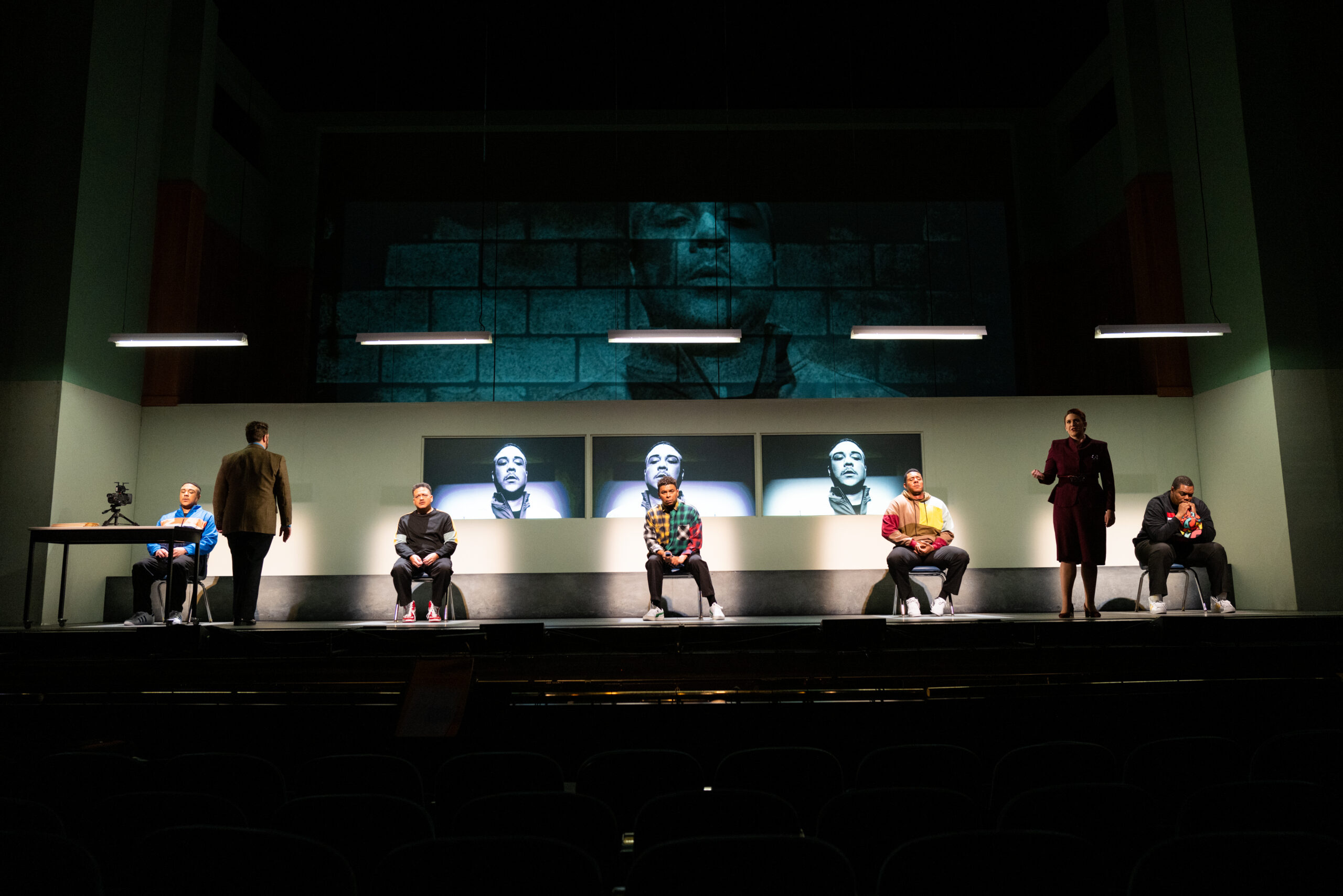
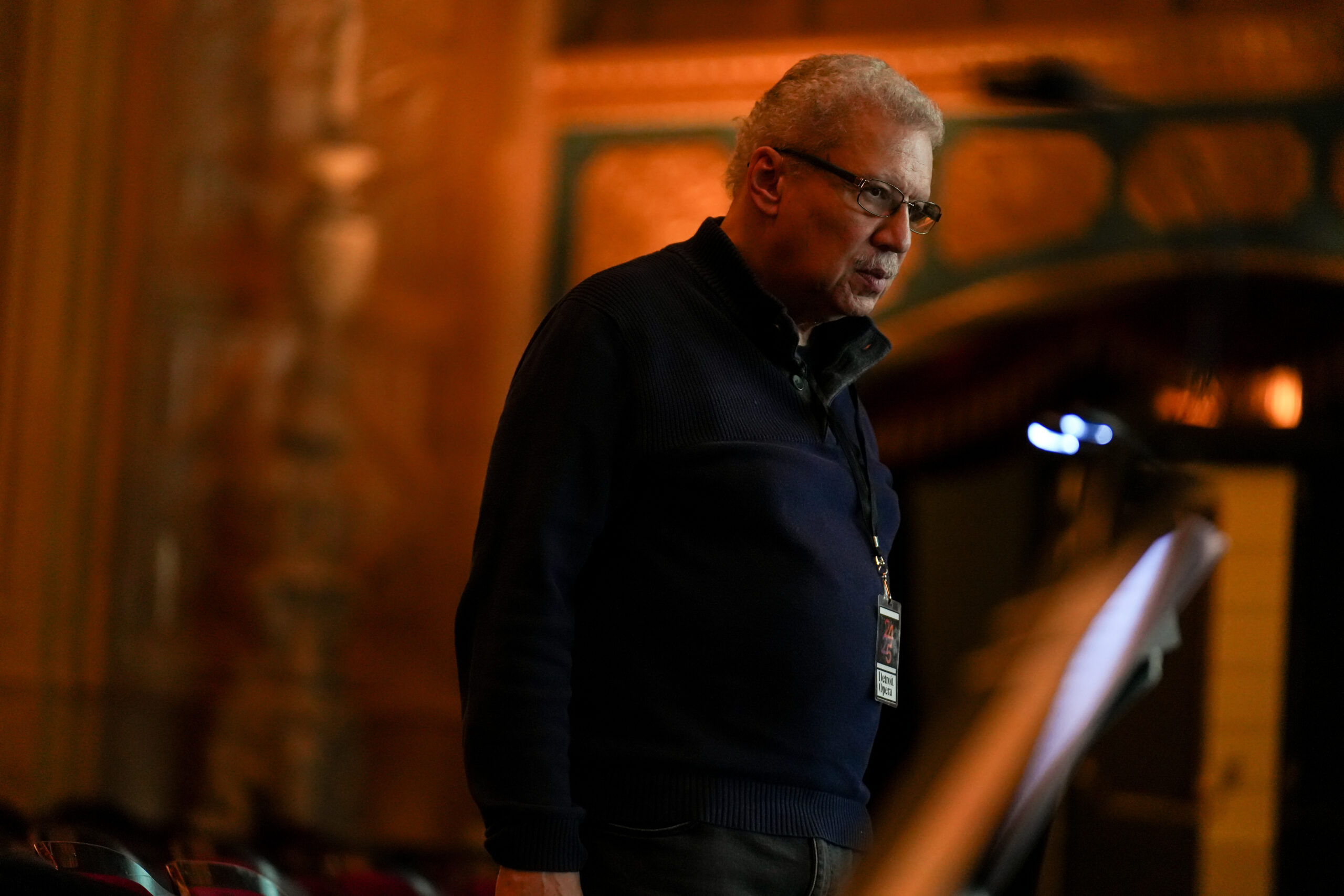
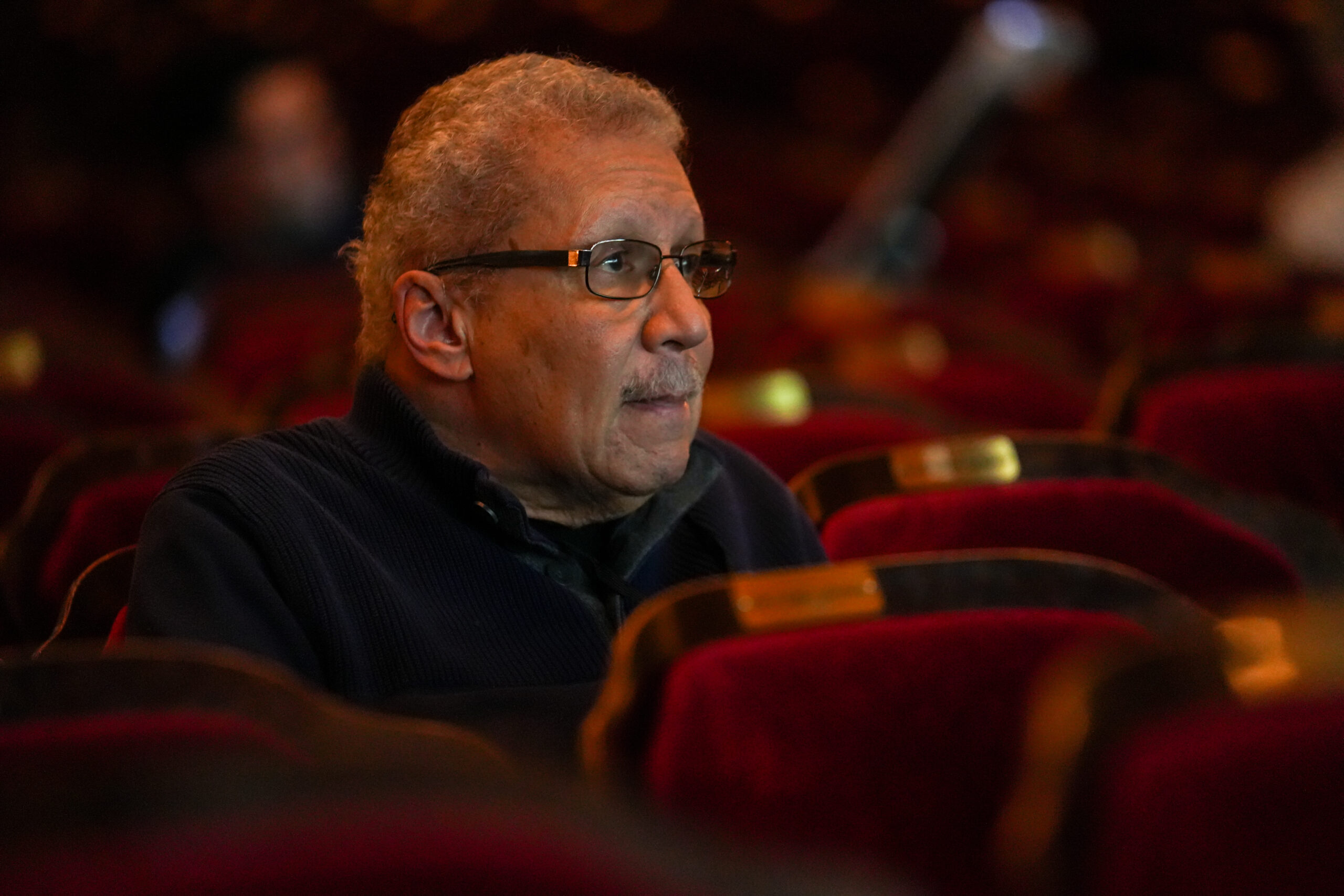
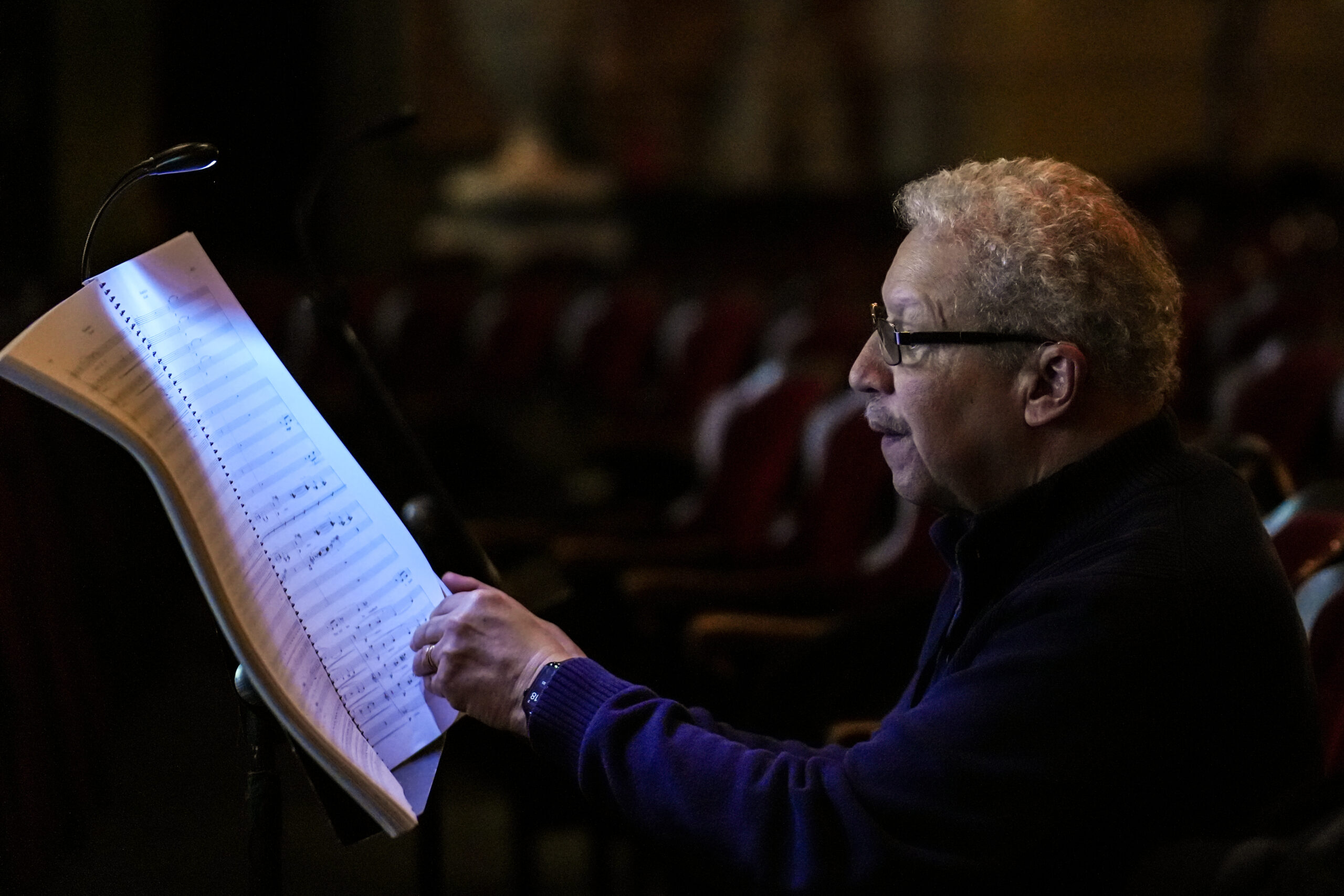
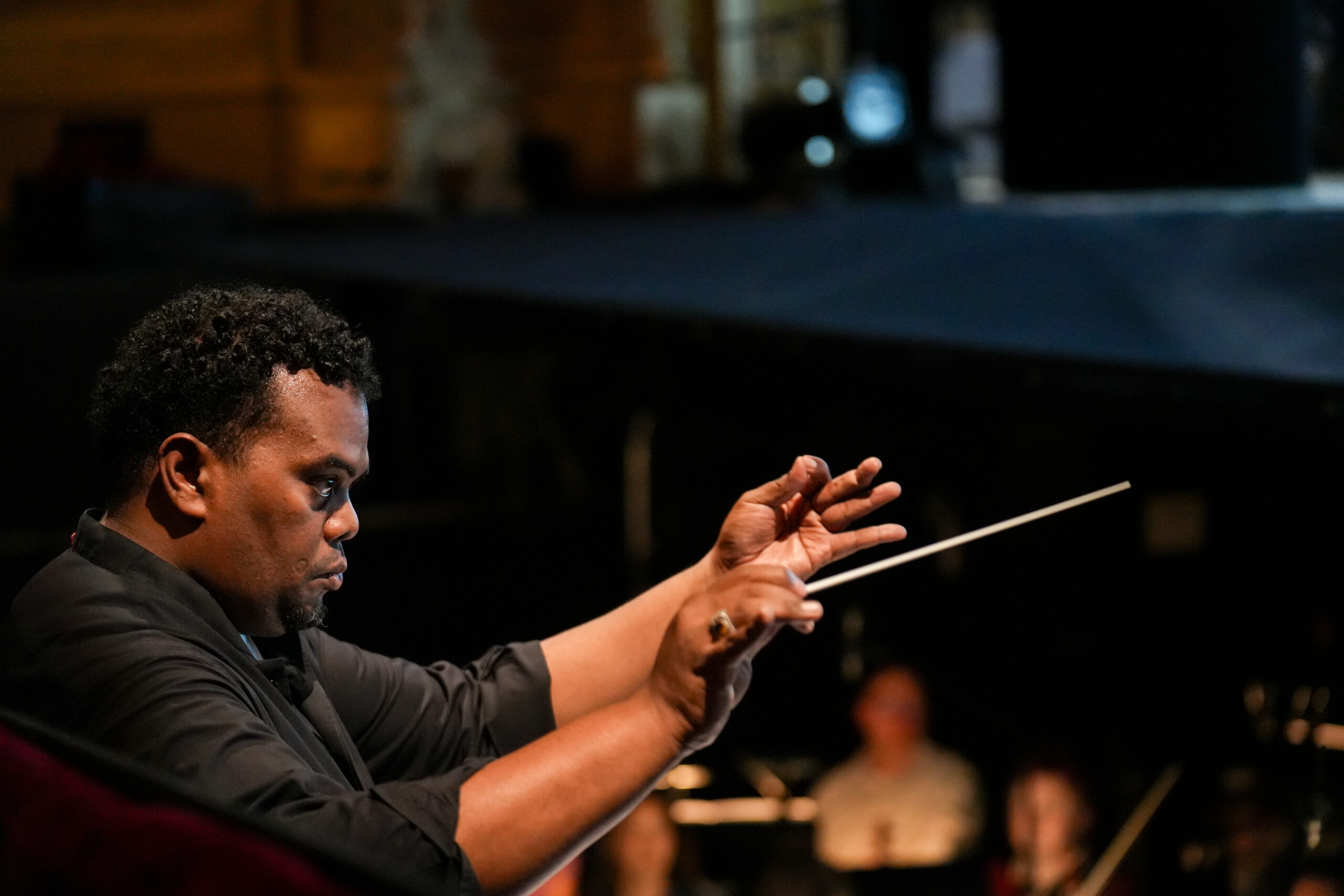
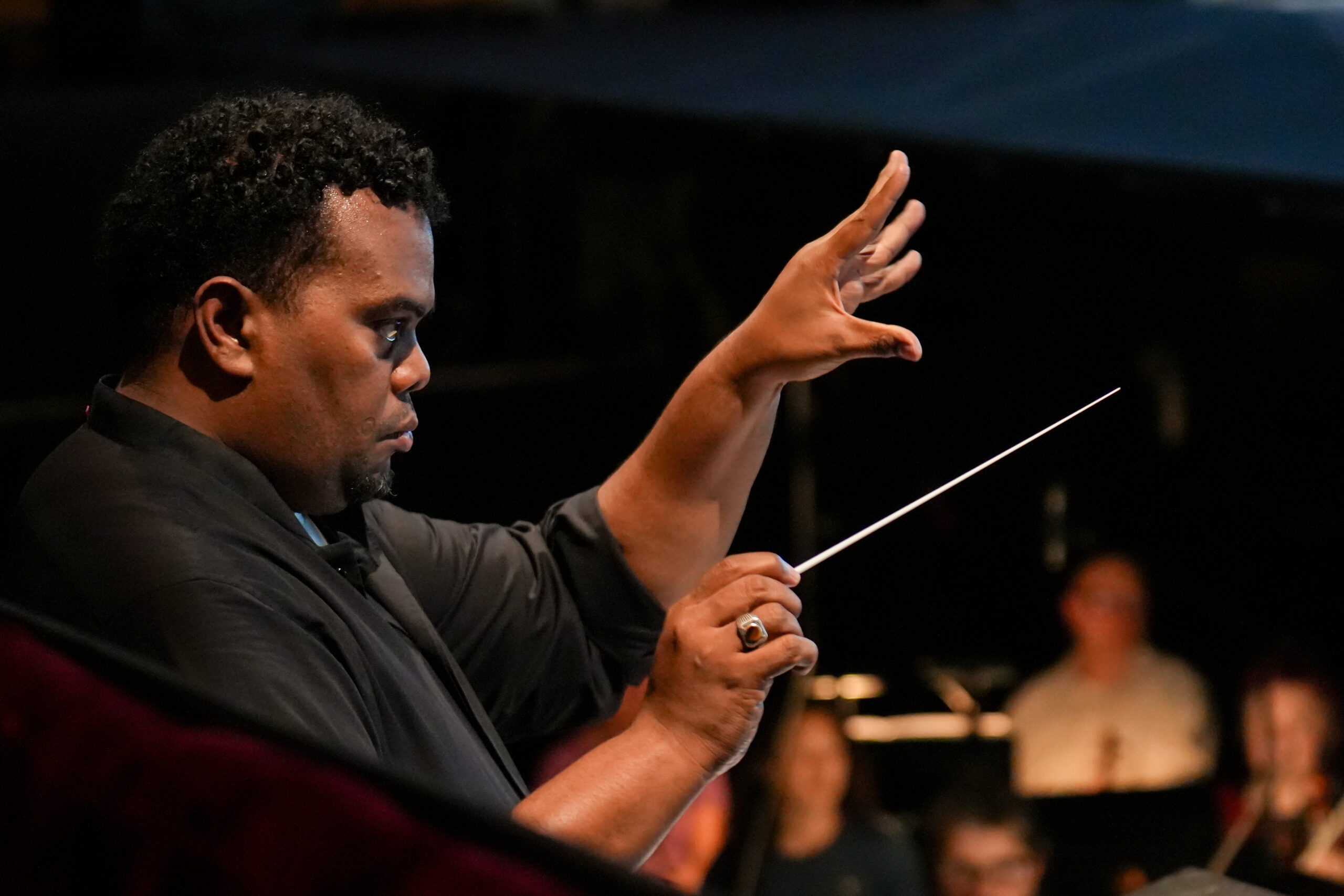
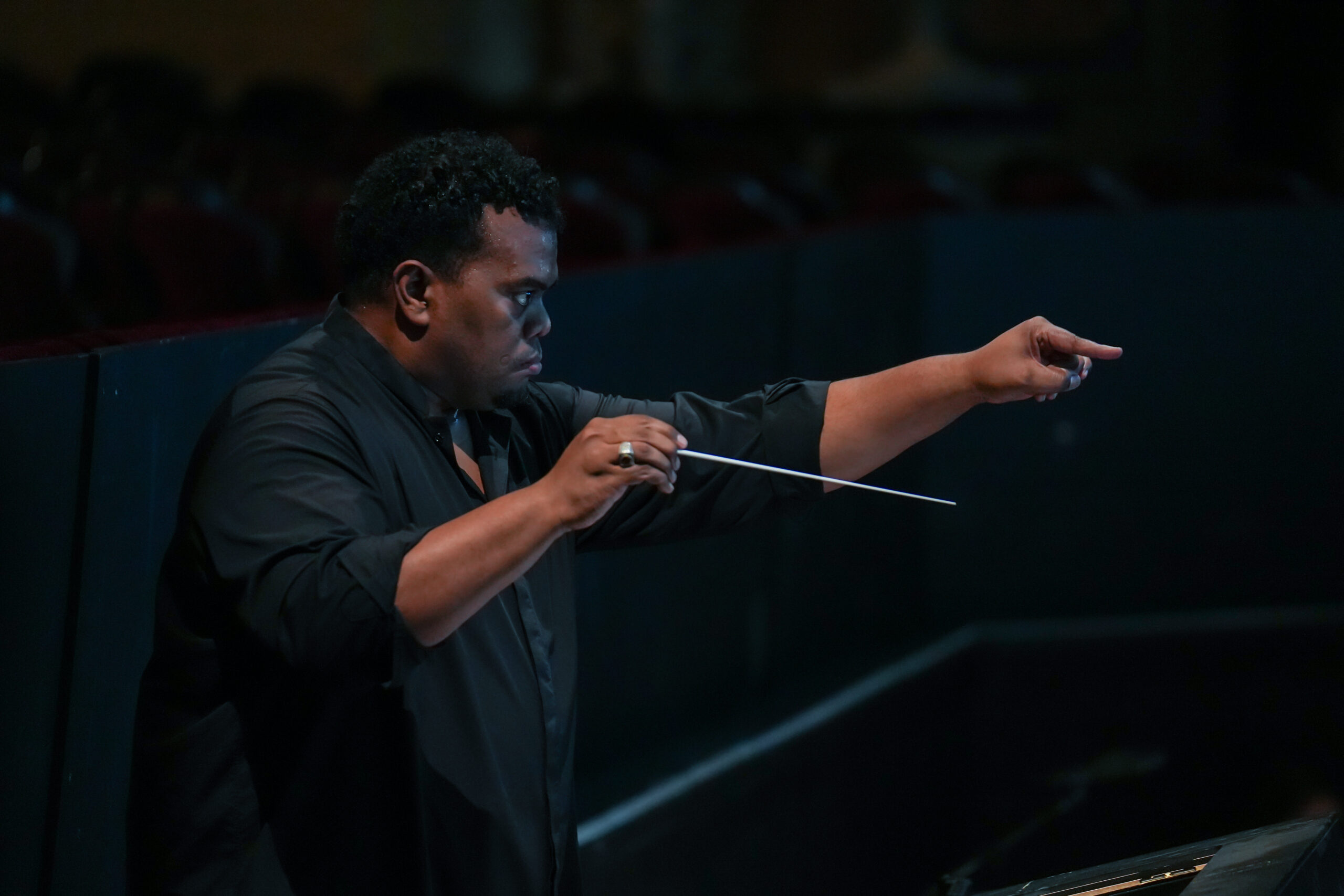
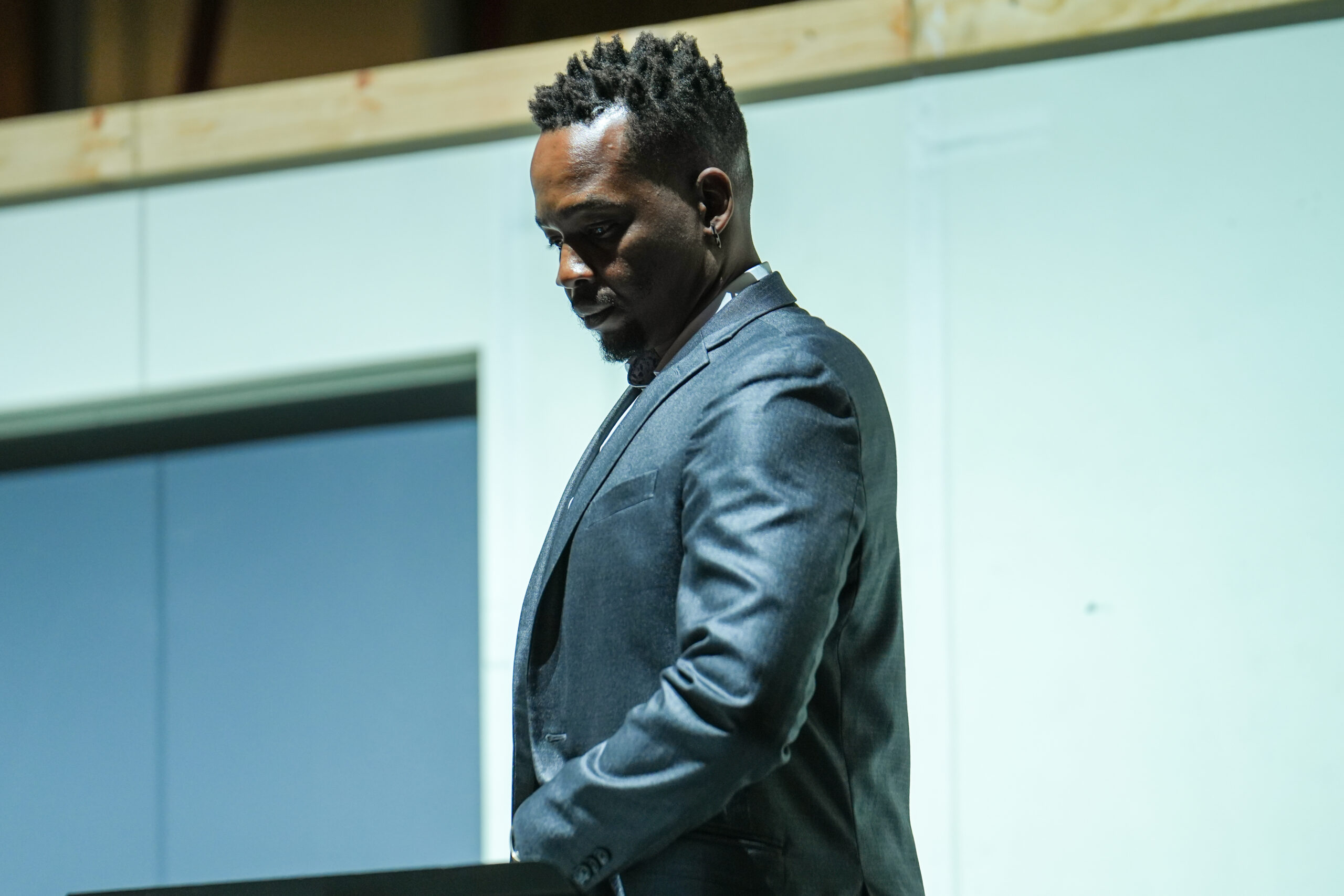
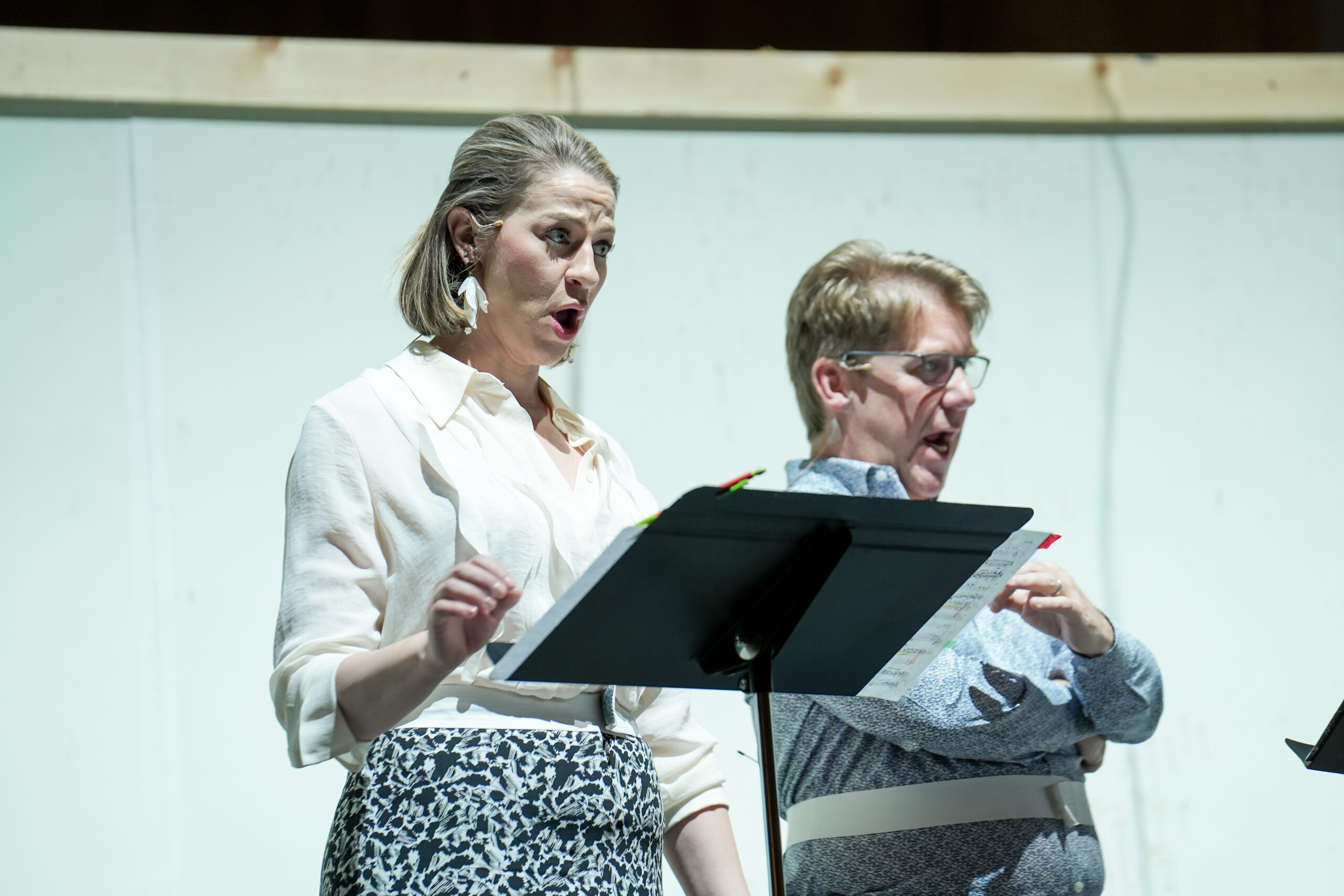
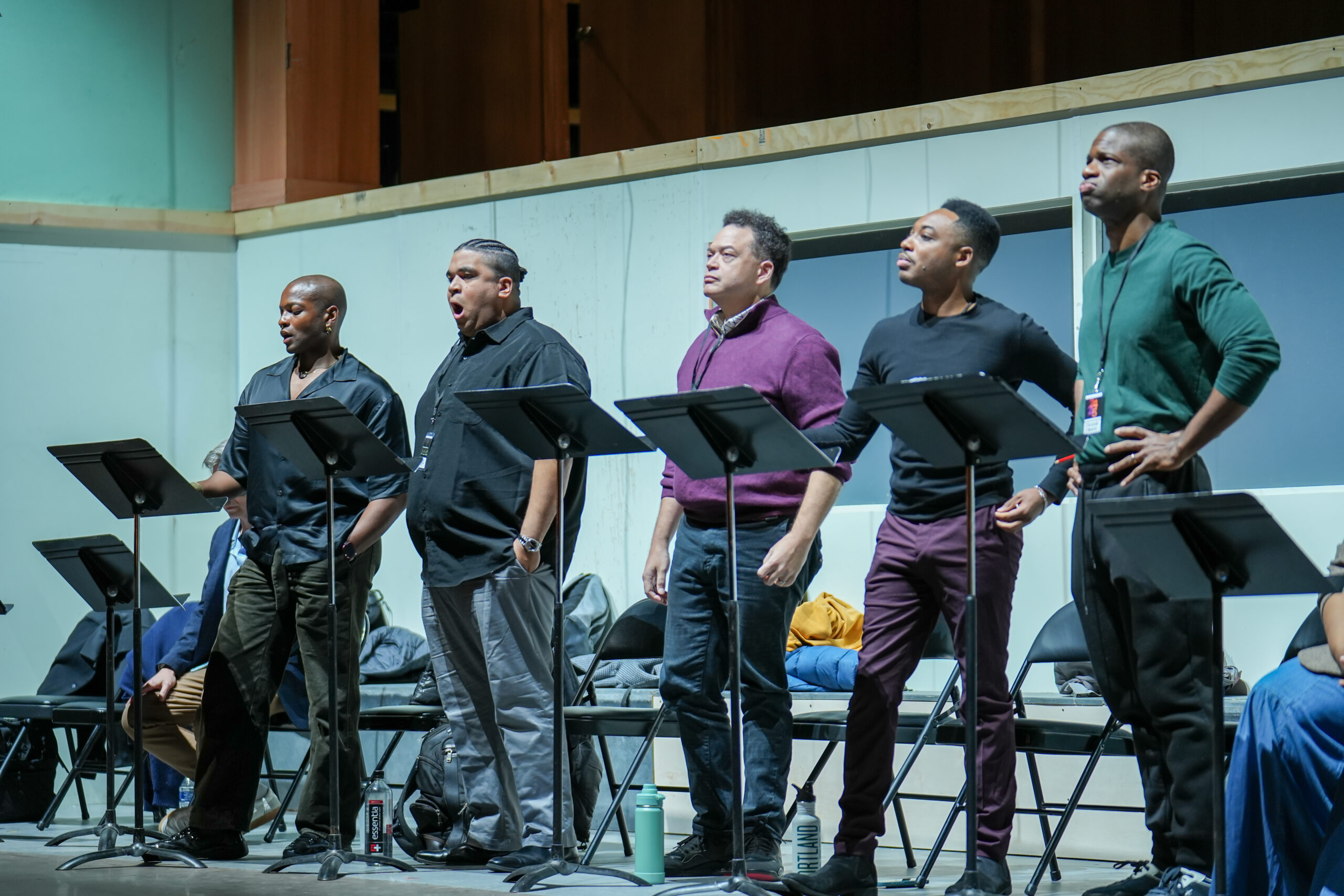
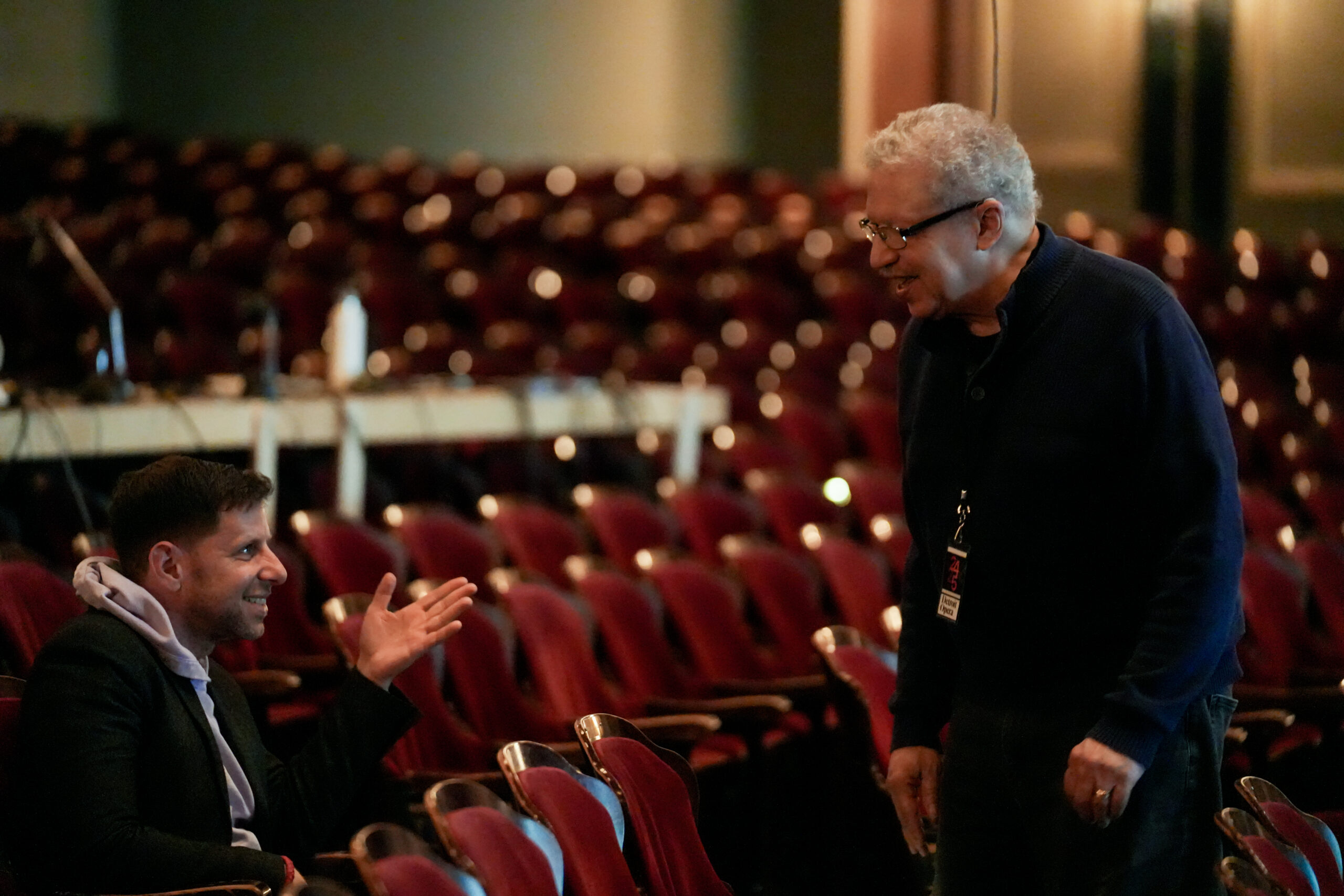
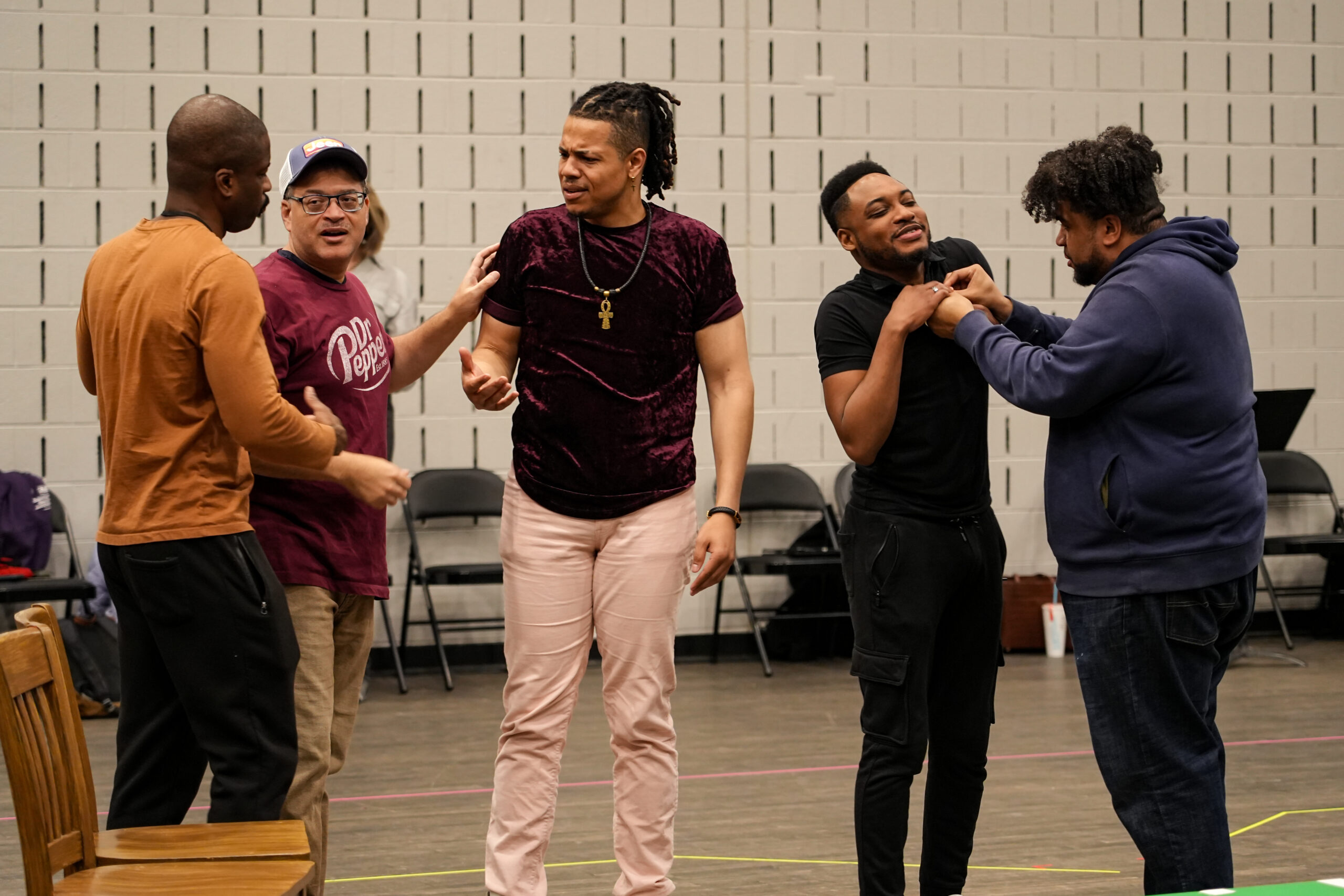
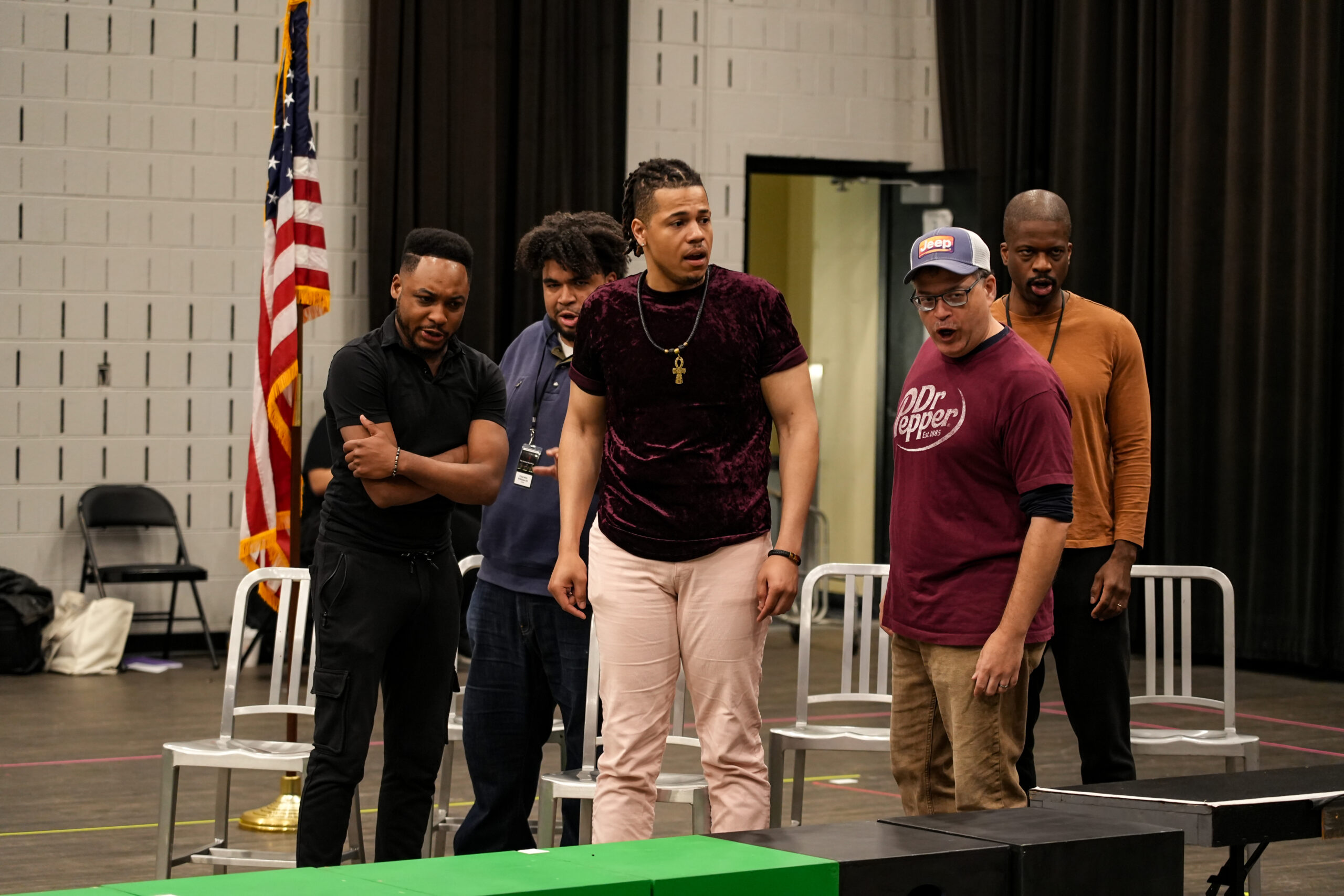
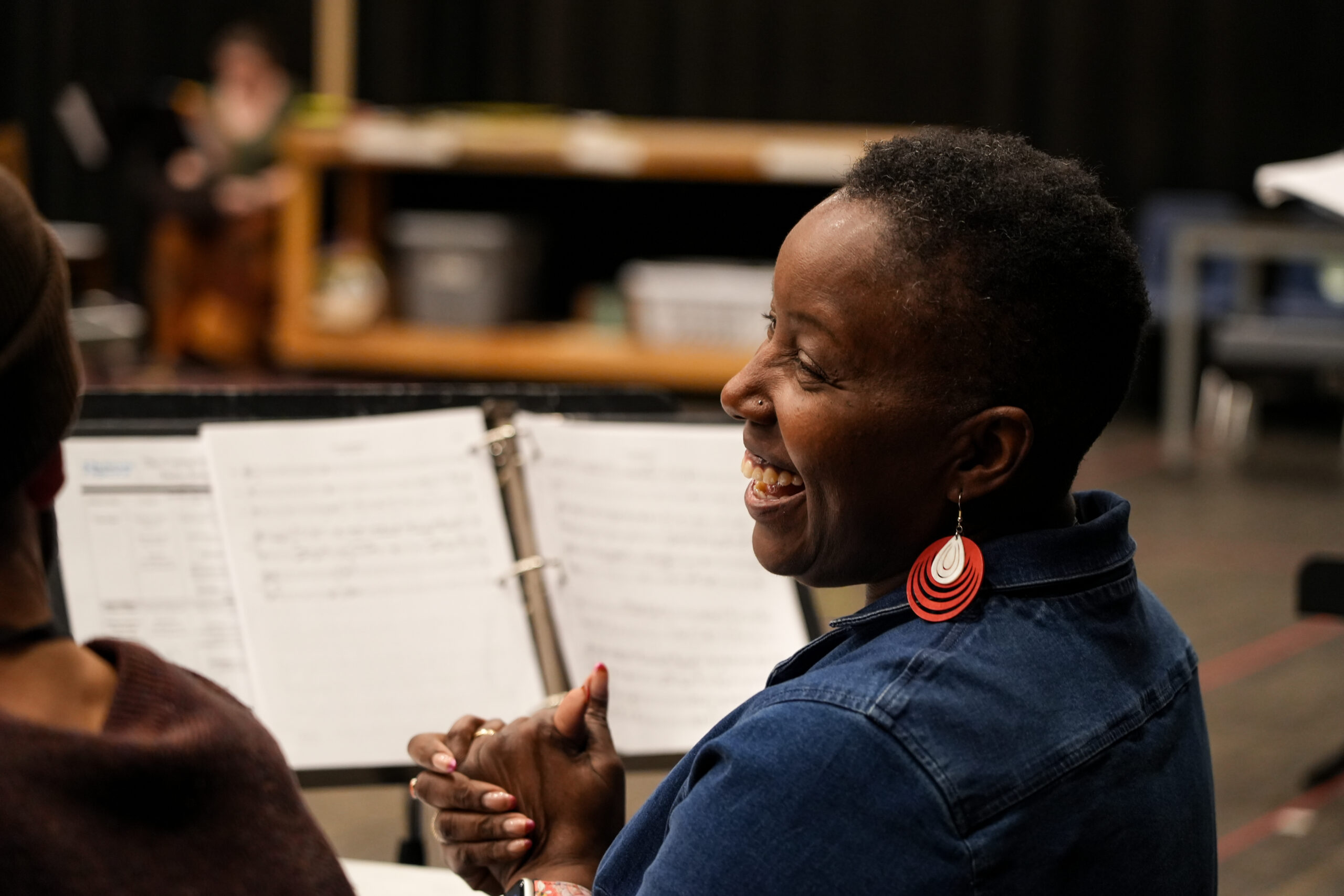
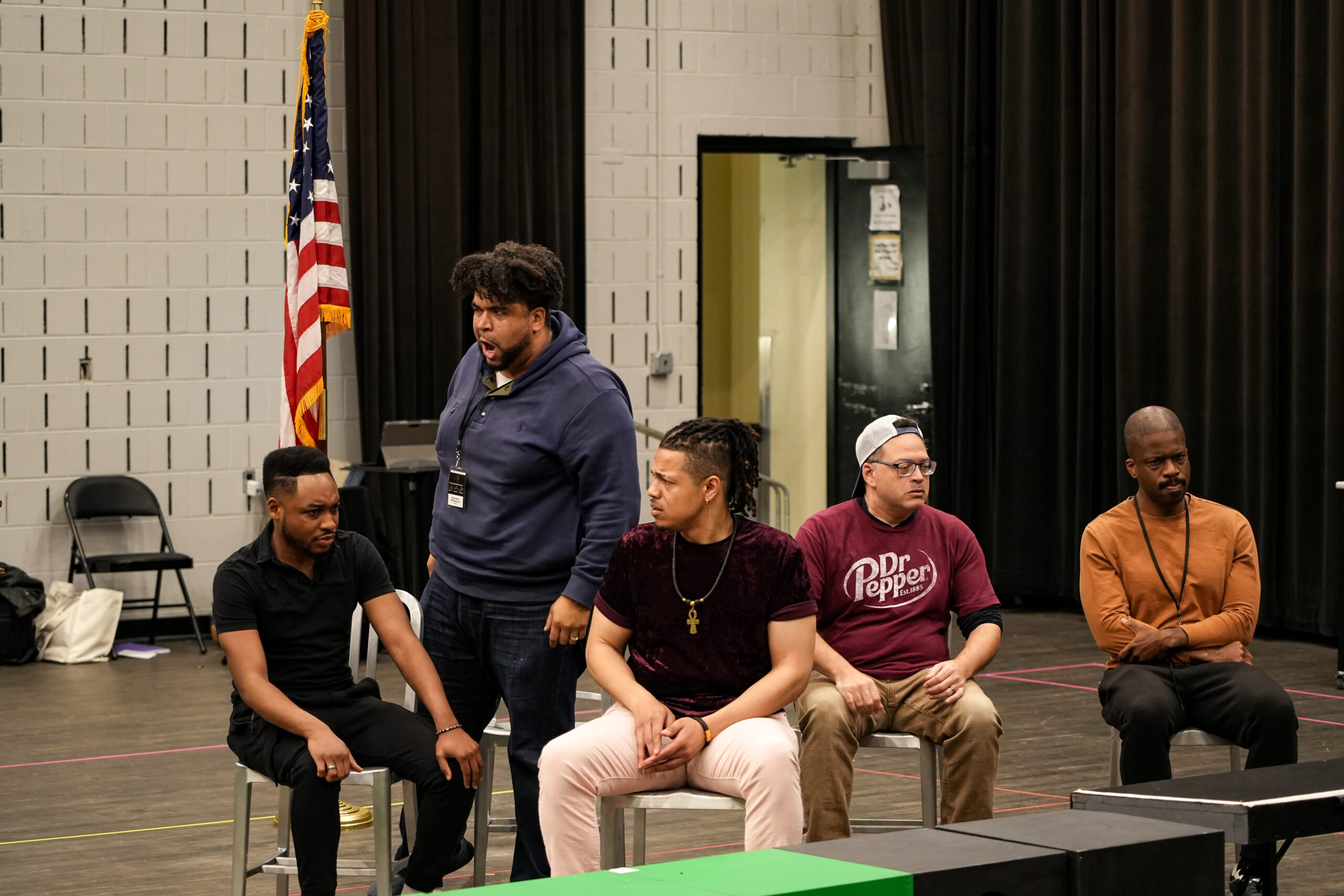
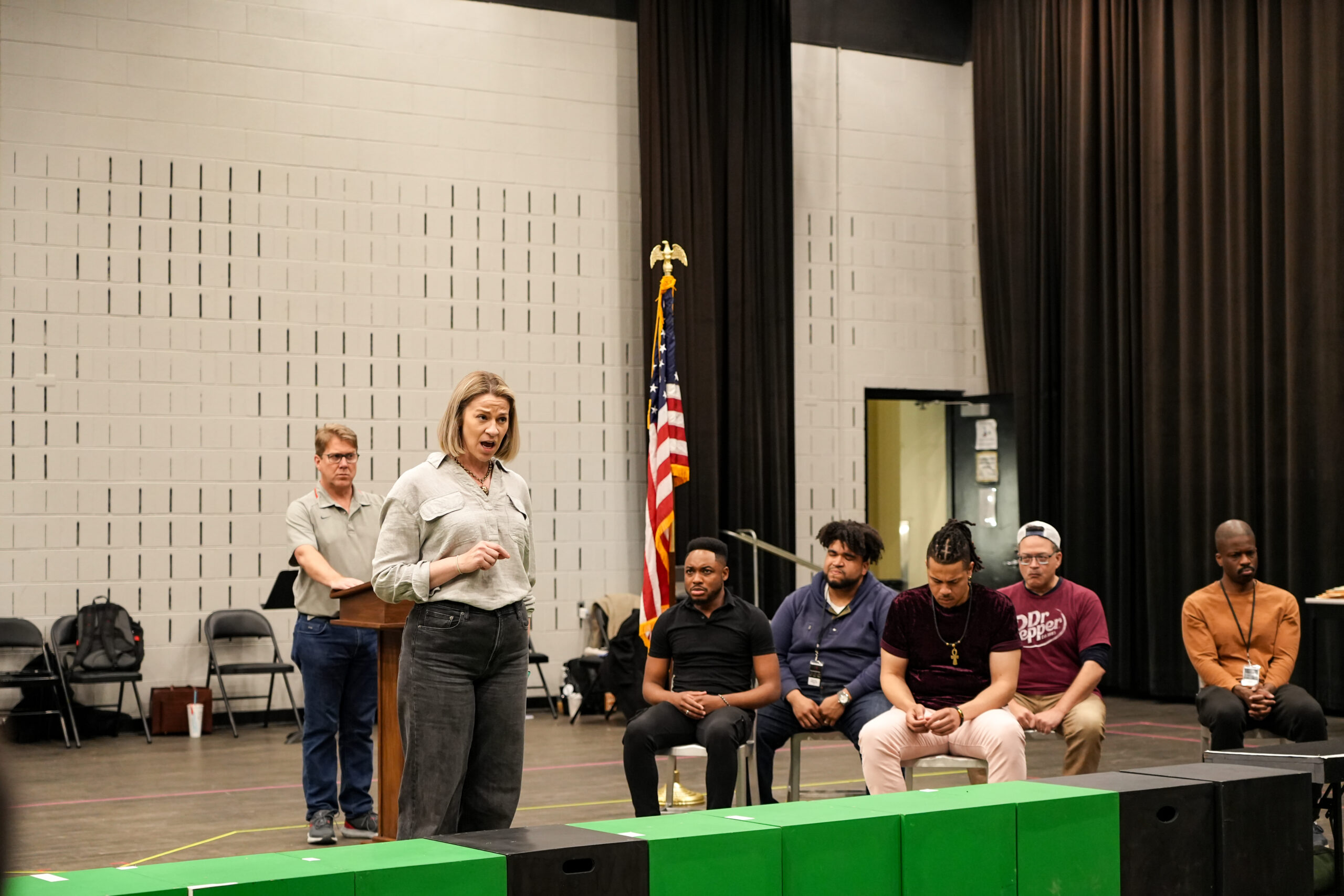
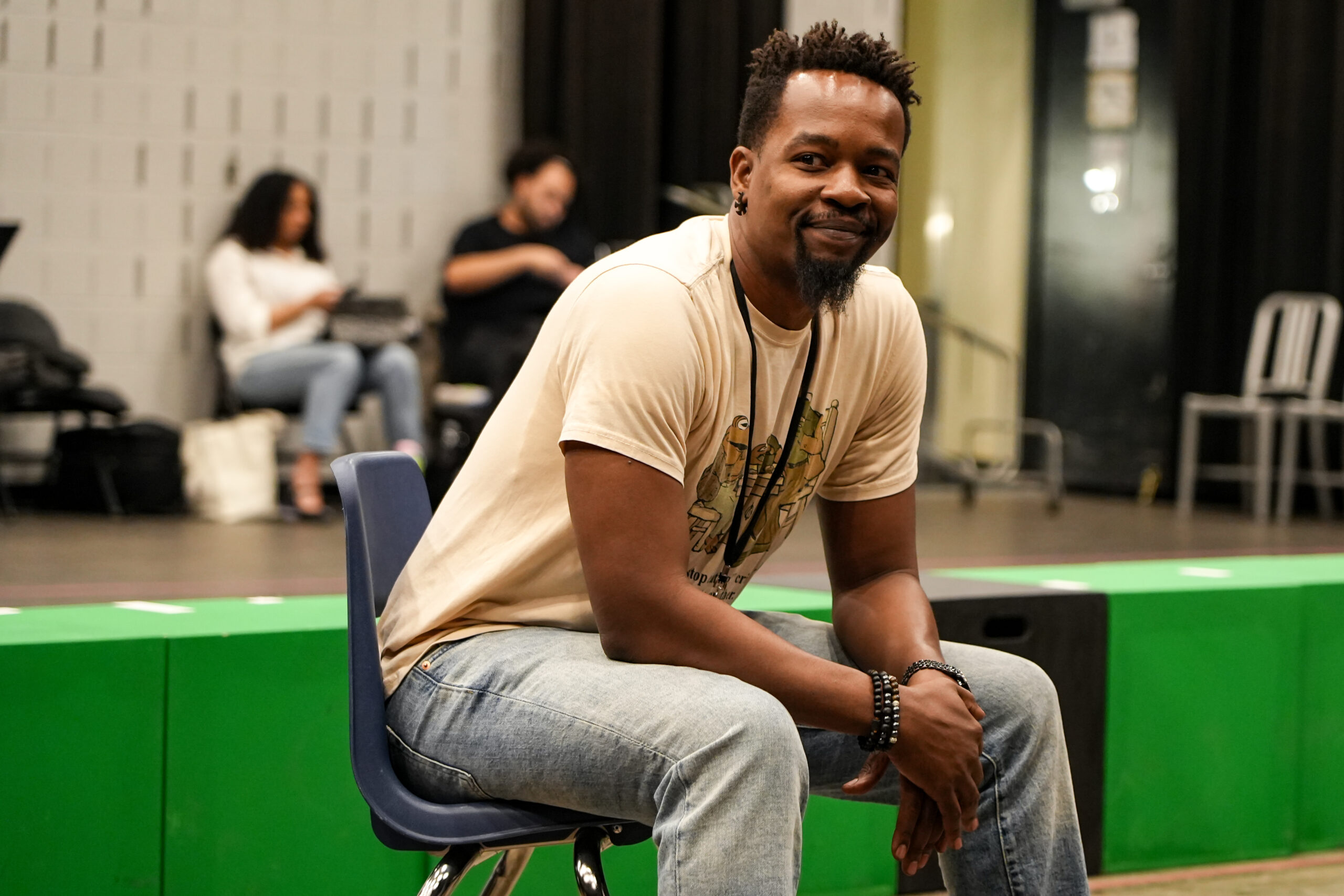
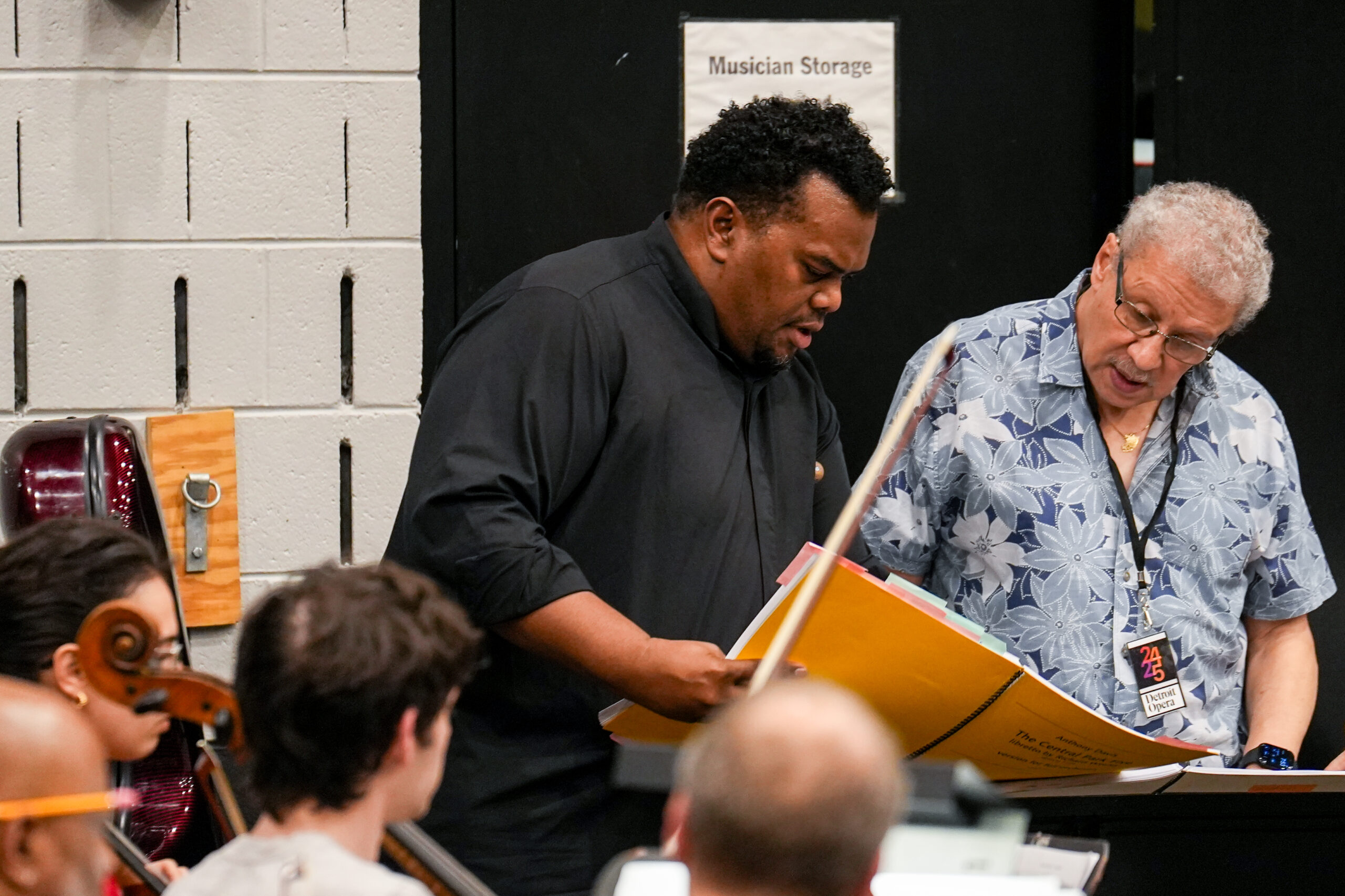
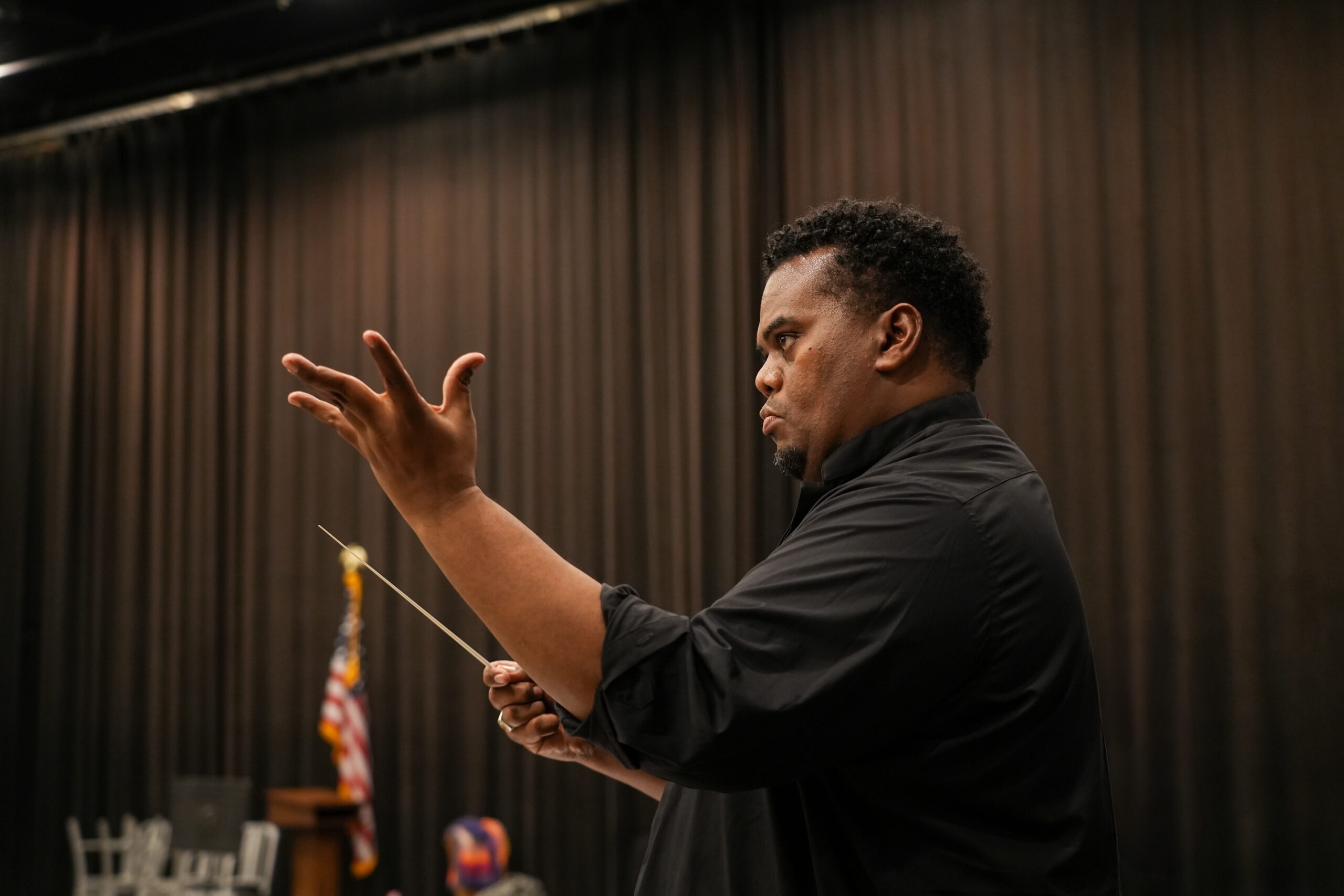
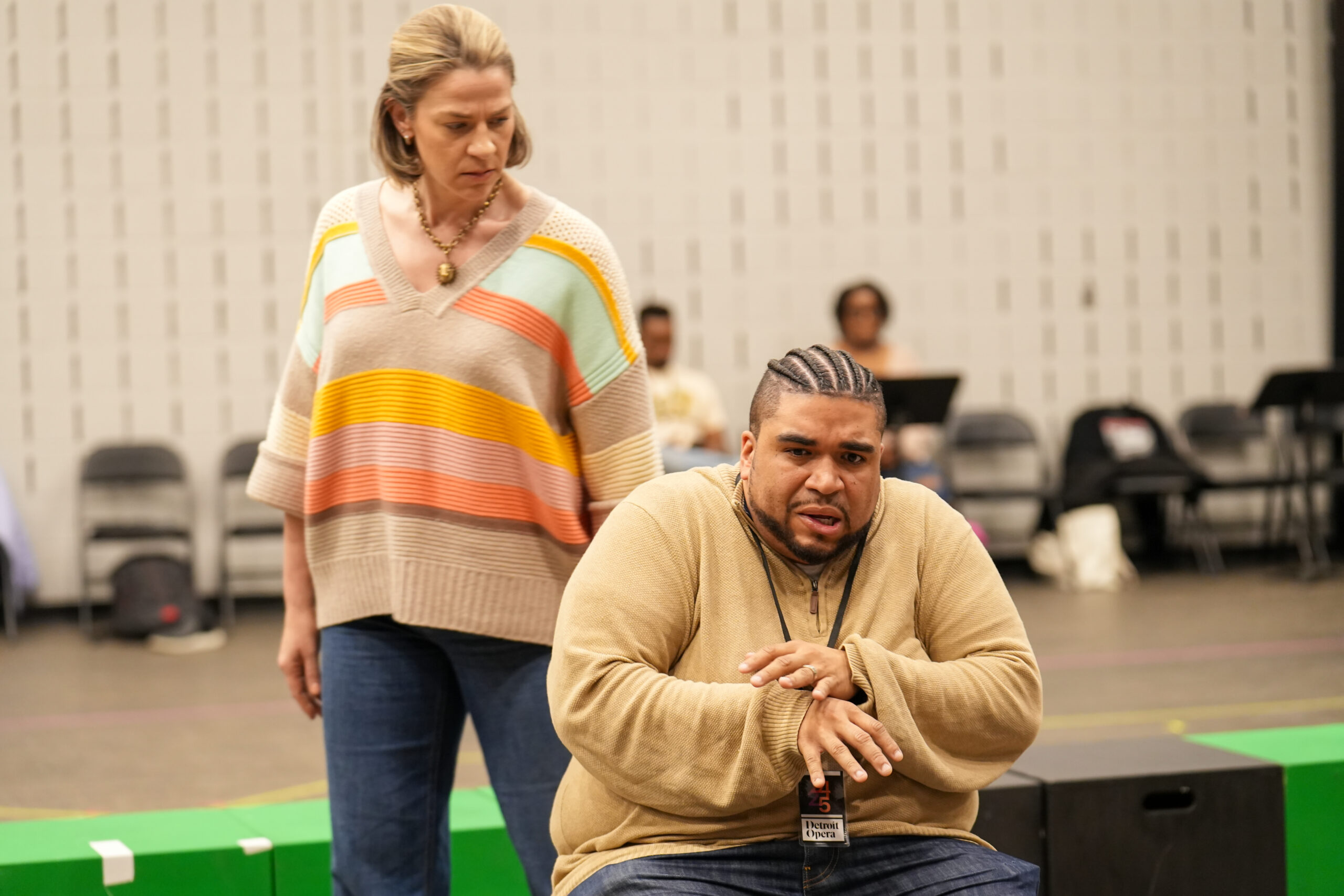
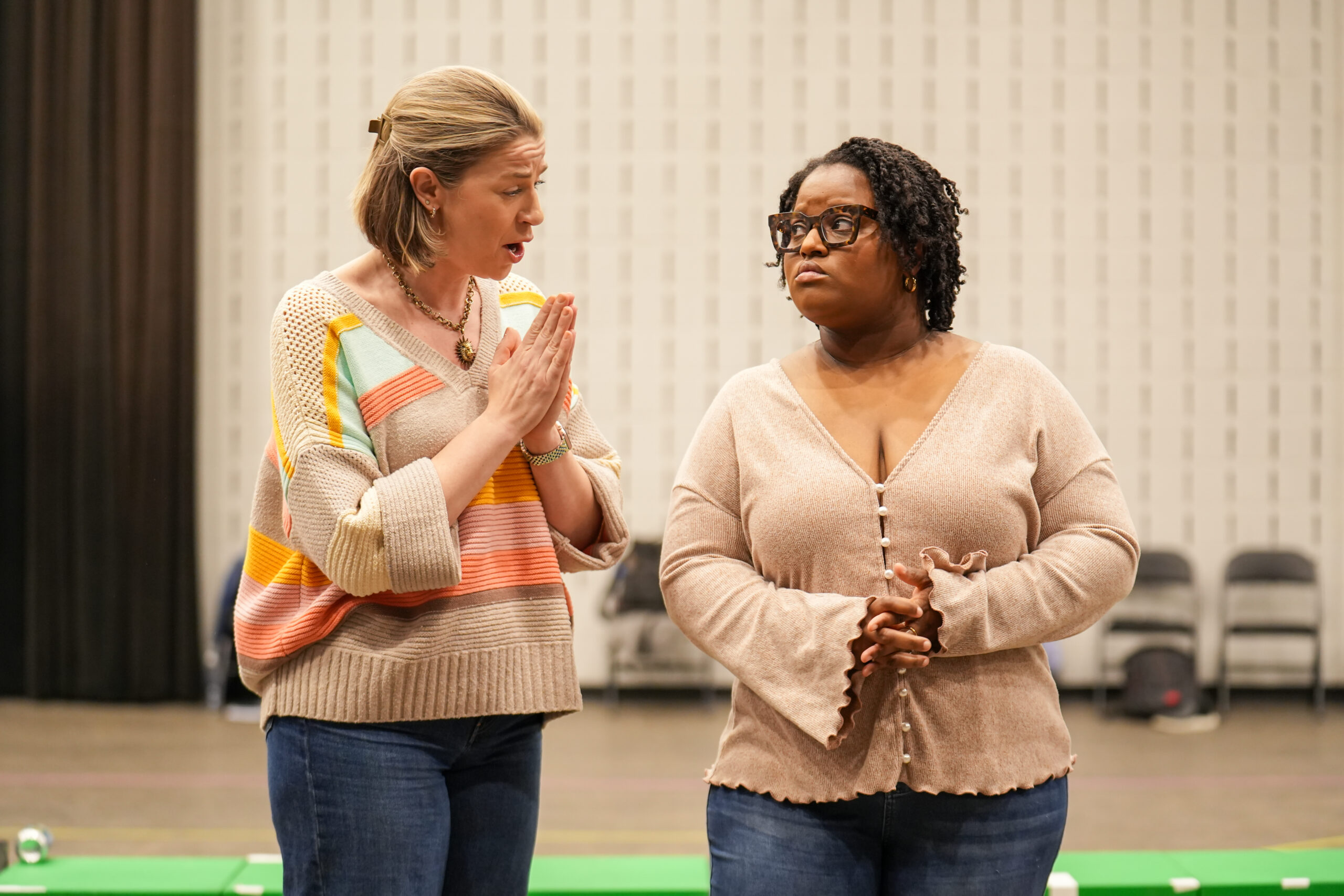
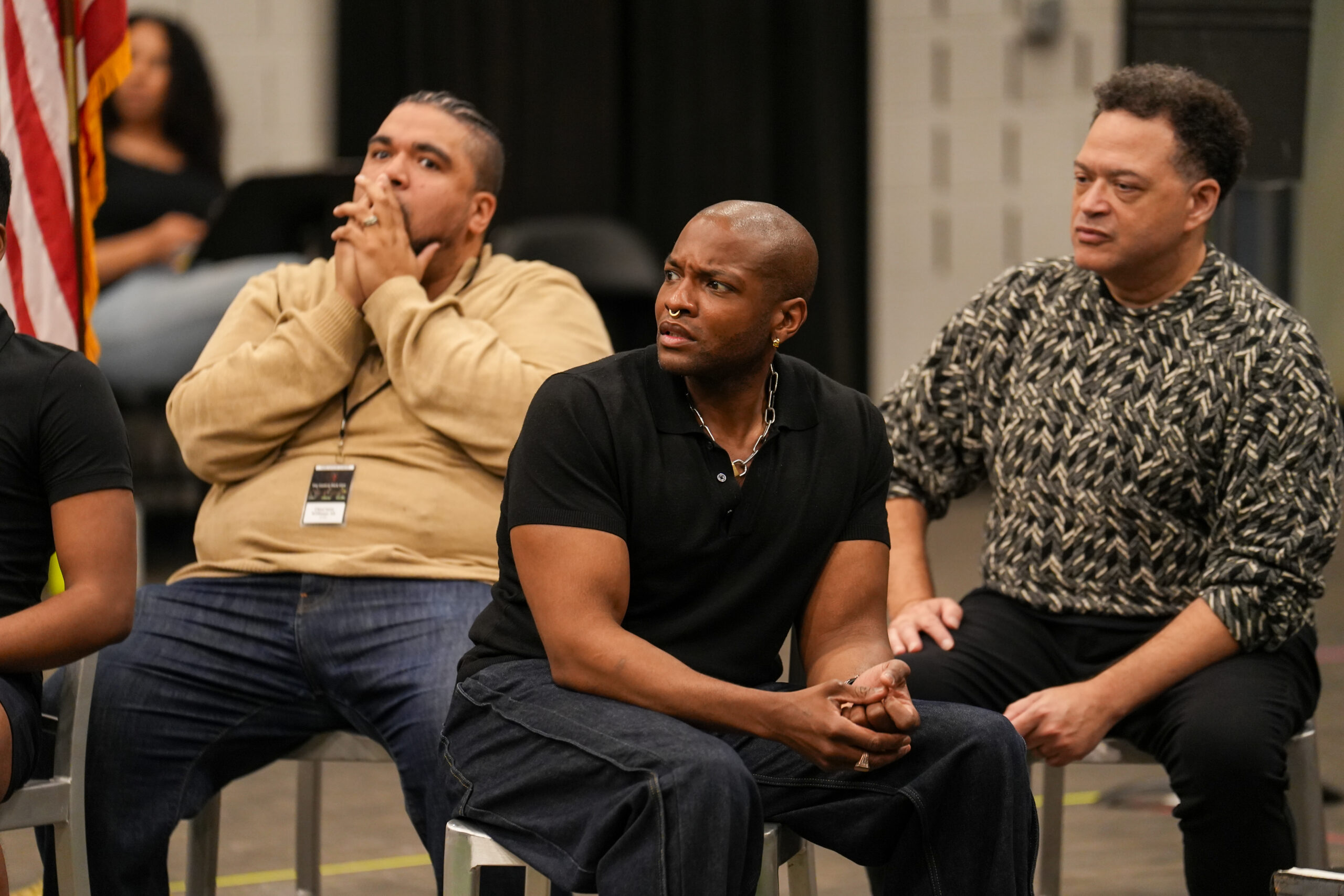
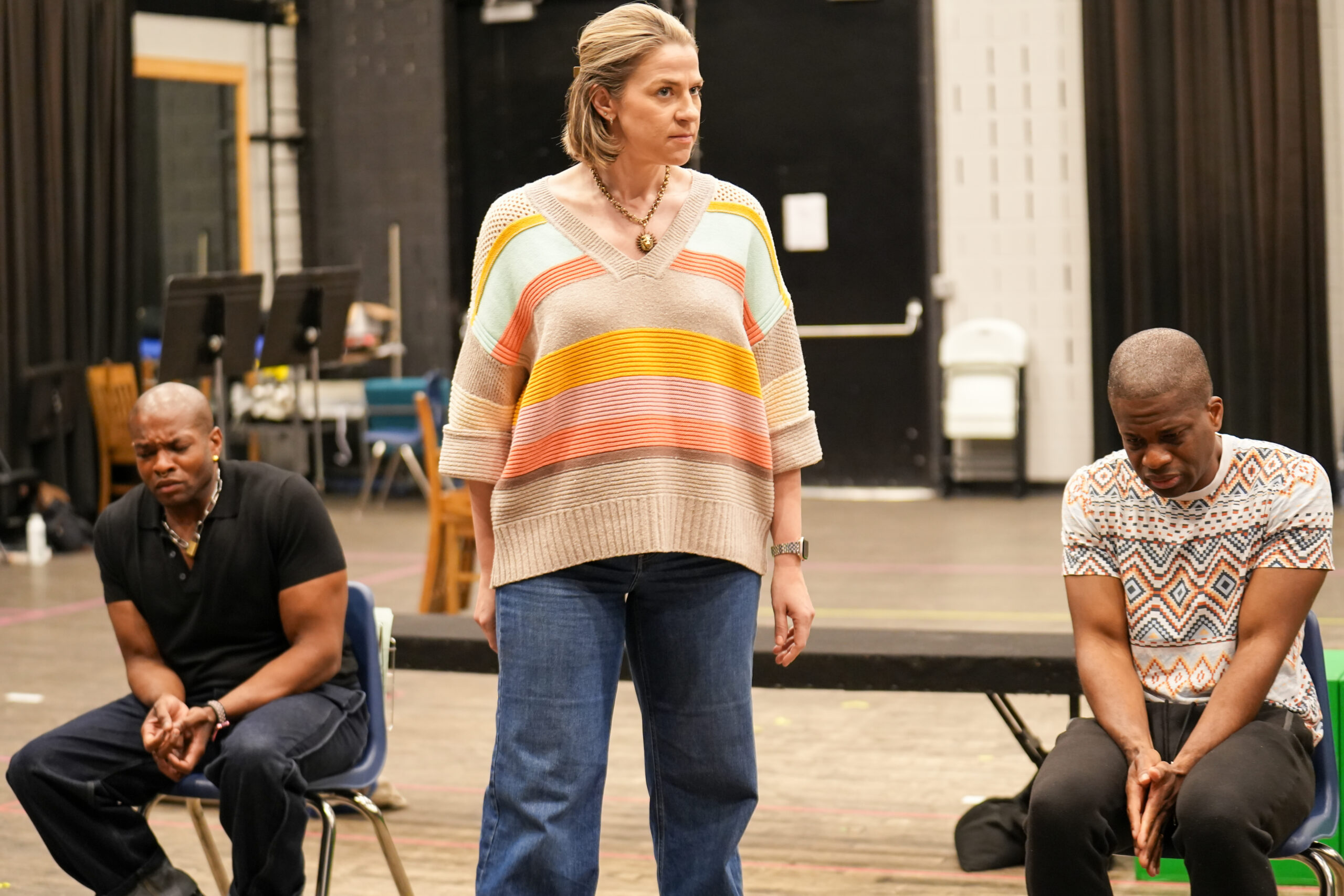
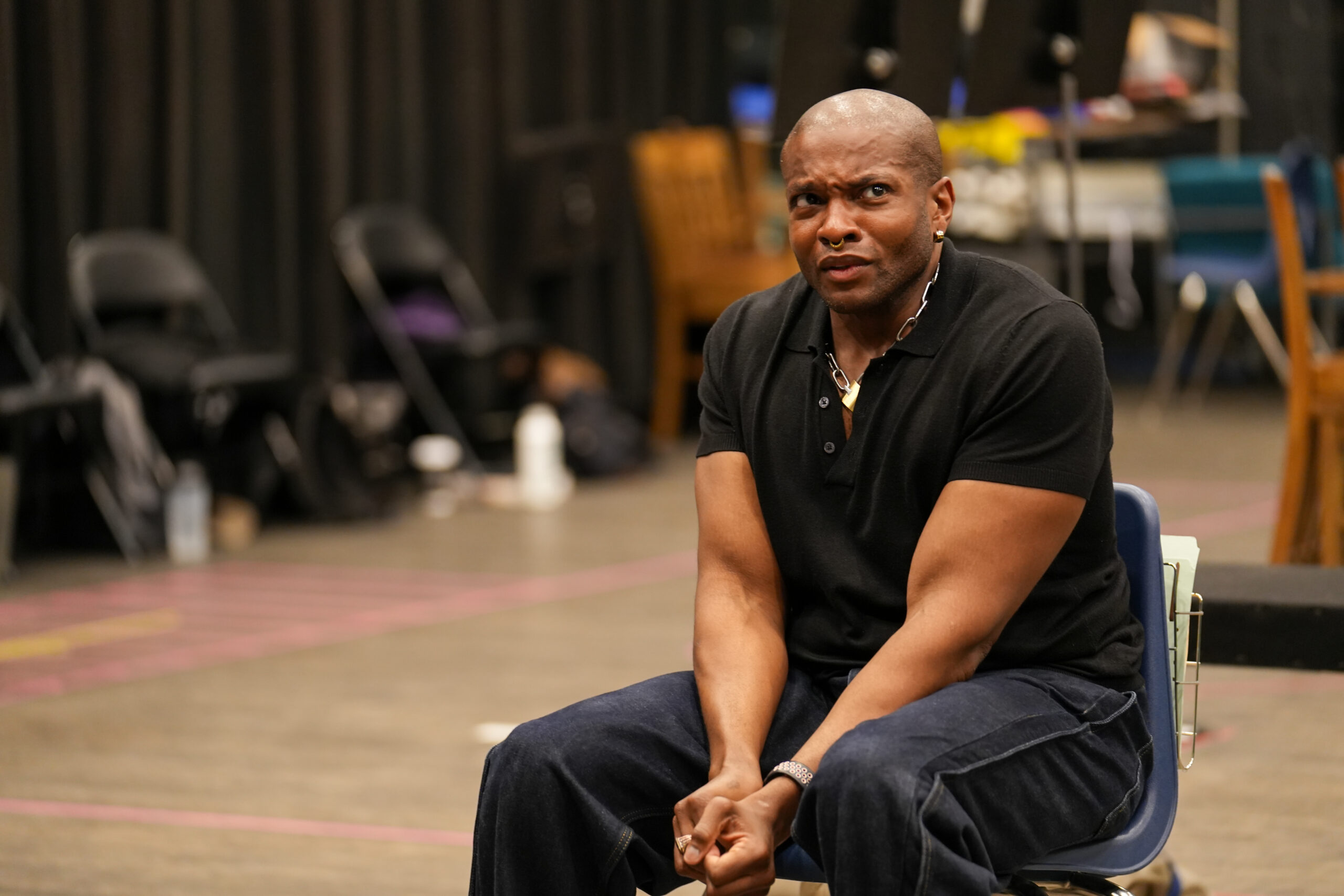
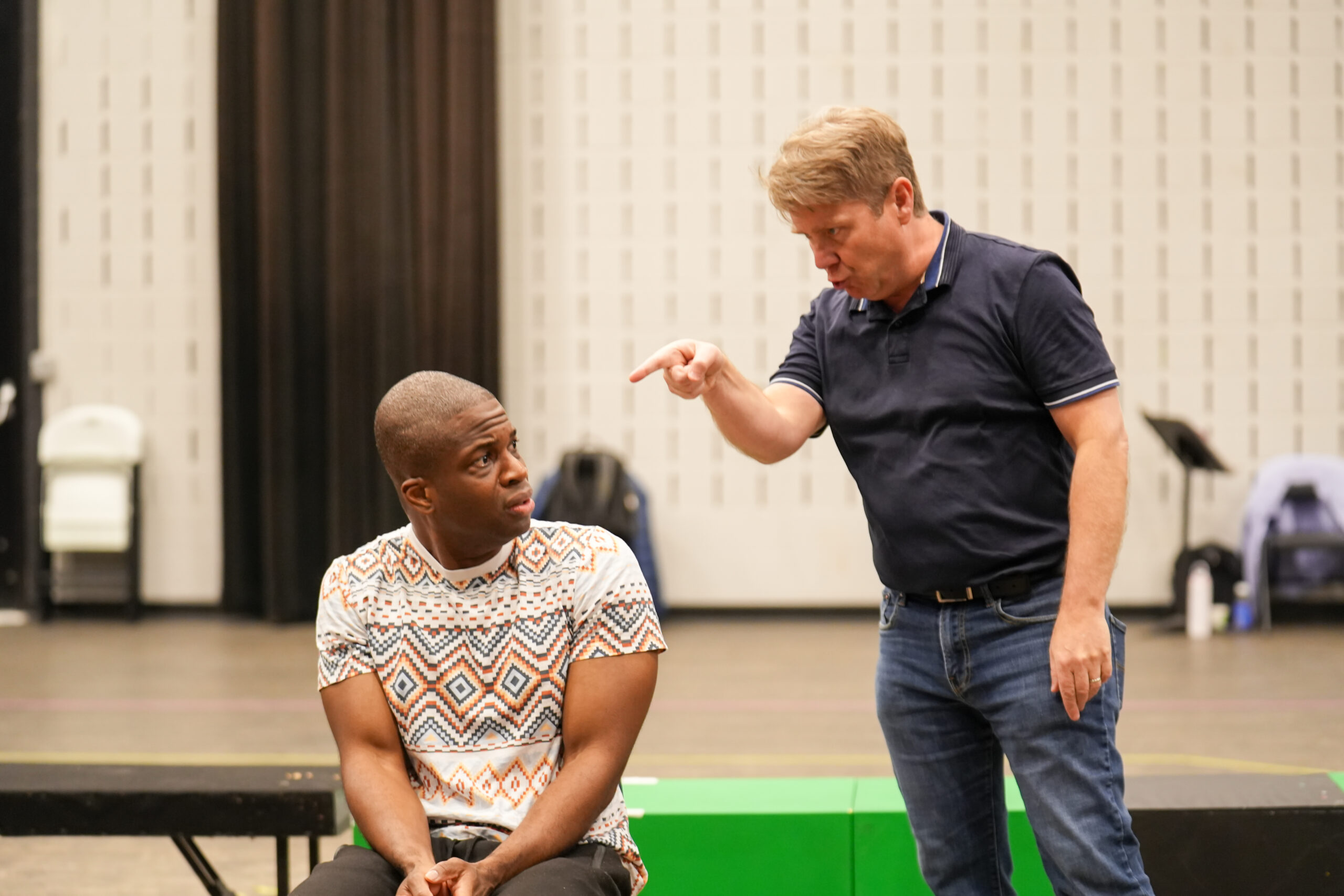
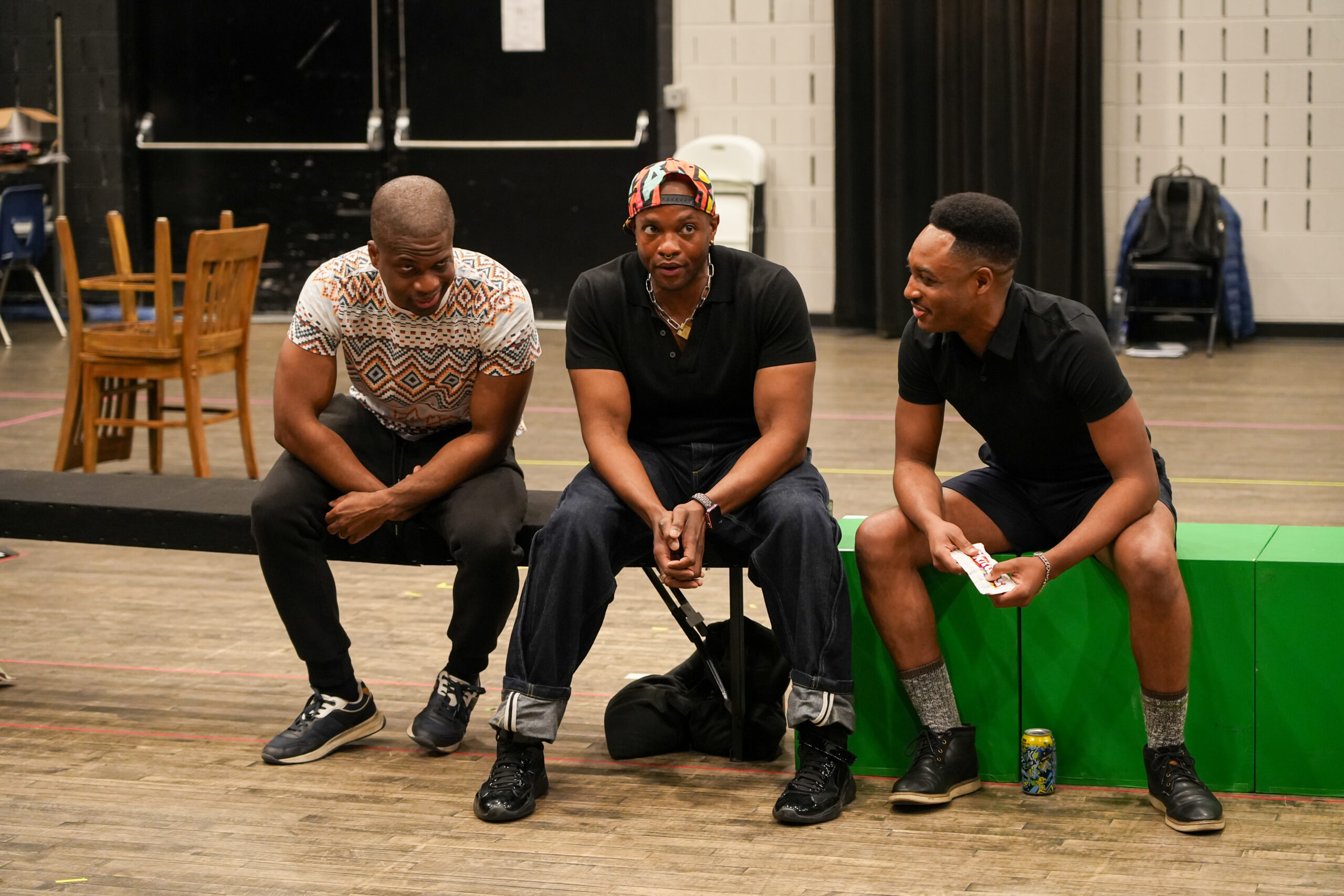
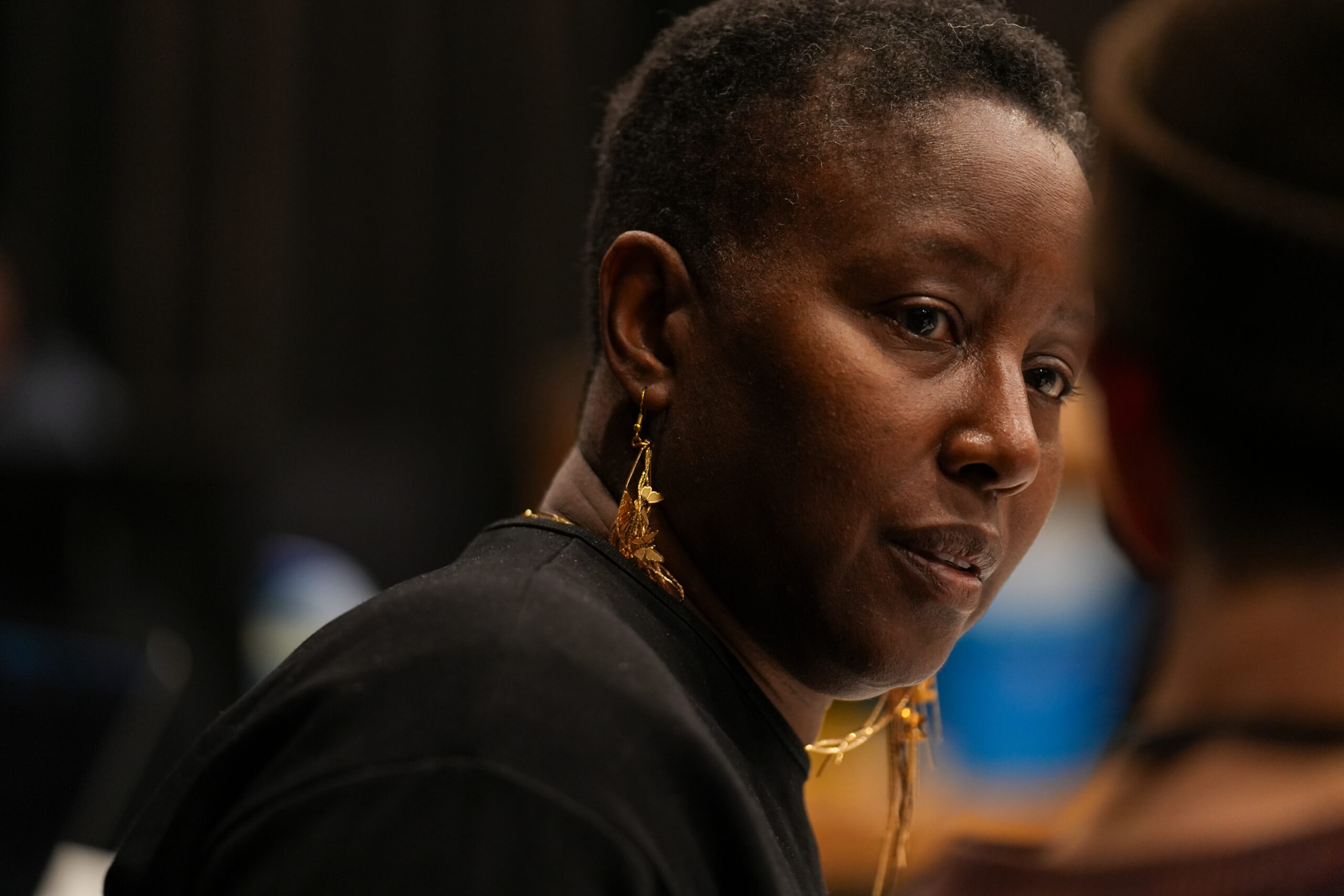
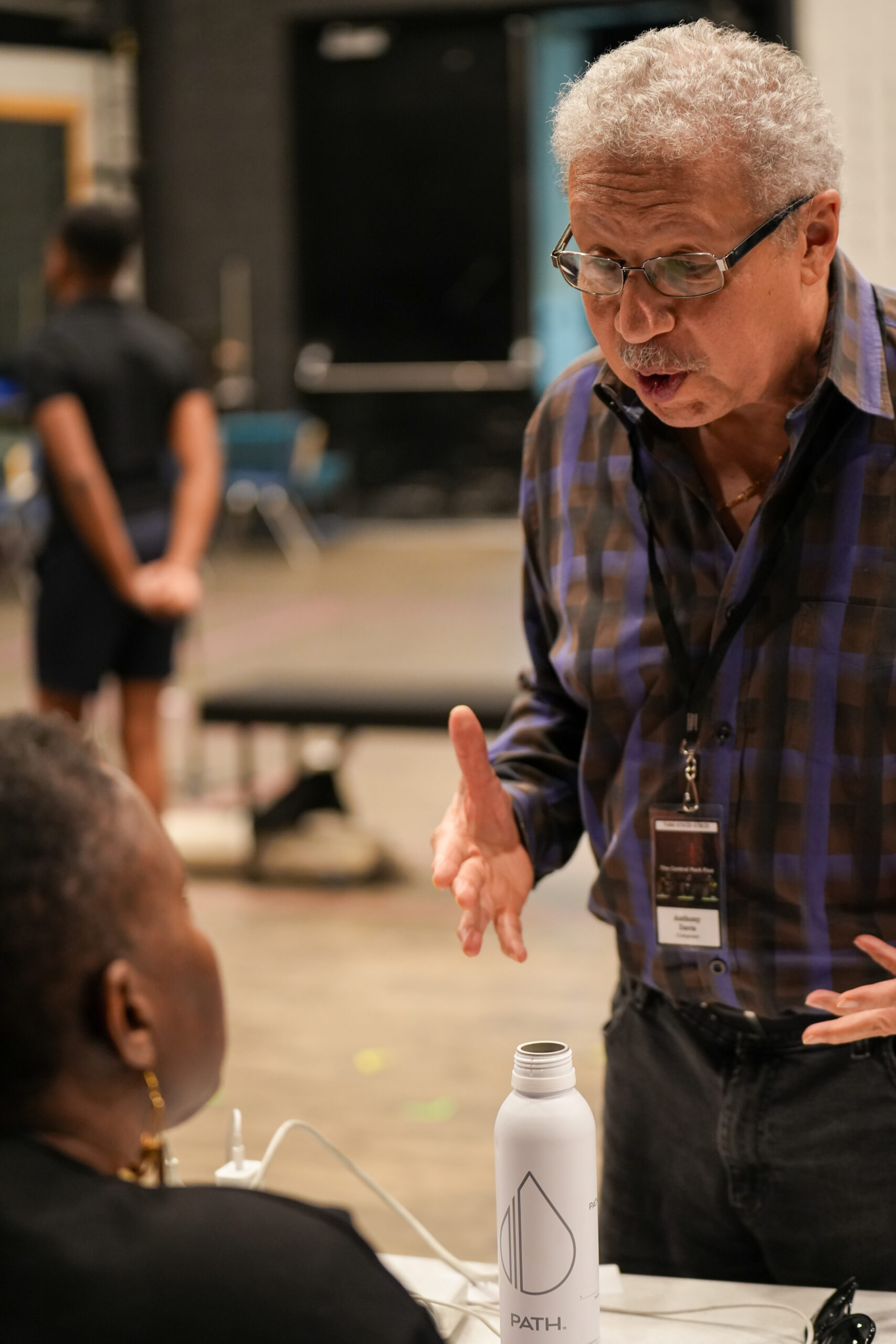
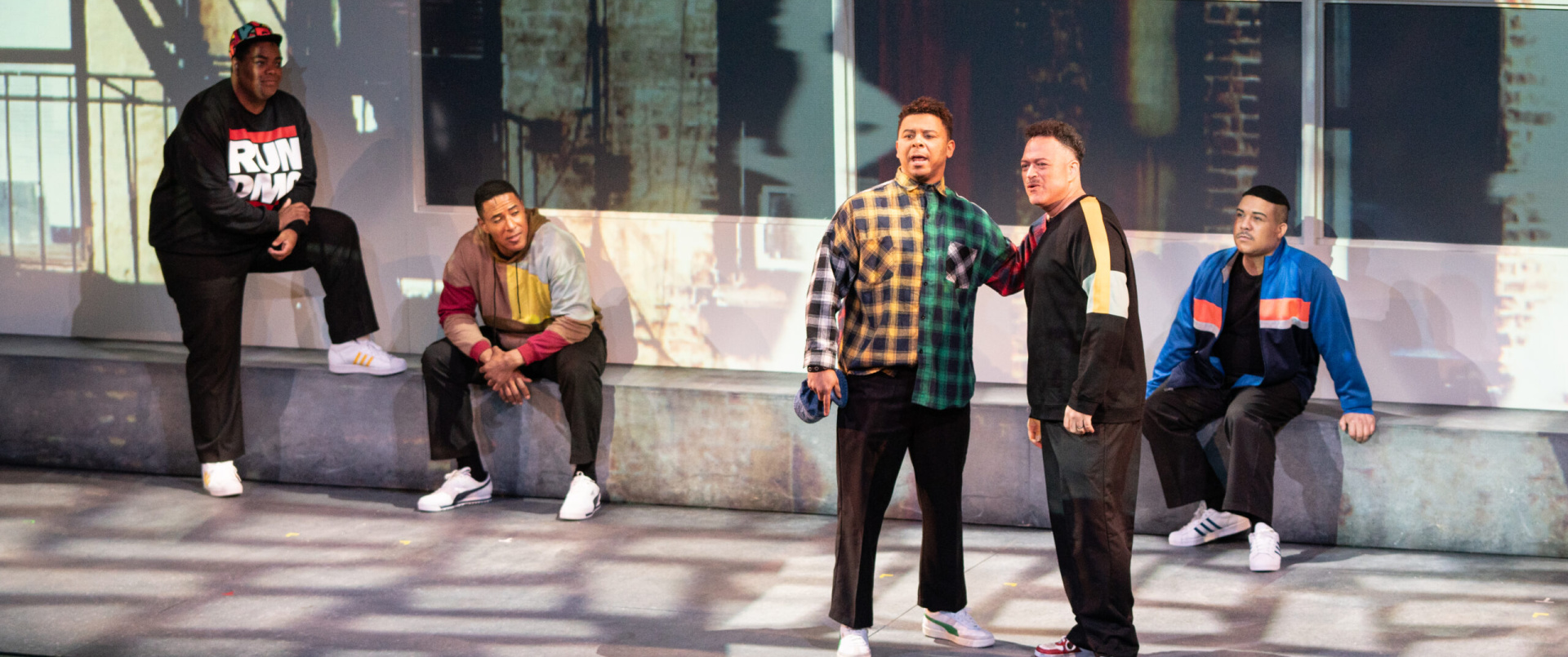
The Metro: Pulitzer-winning composer brings ‘The Central Park Five’ to Detroit Opera stage
learn More
Sponsors










Nataki Garrett is partially supported by OPERA America’s Opera Grants for Women Stage Directors and Conductors, generously funded by the Marineau Family Foundation.
